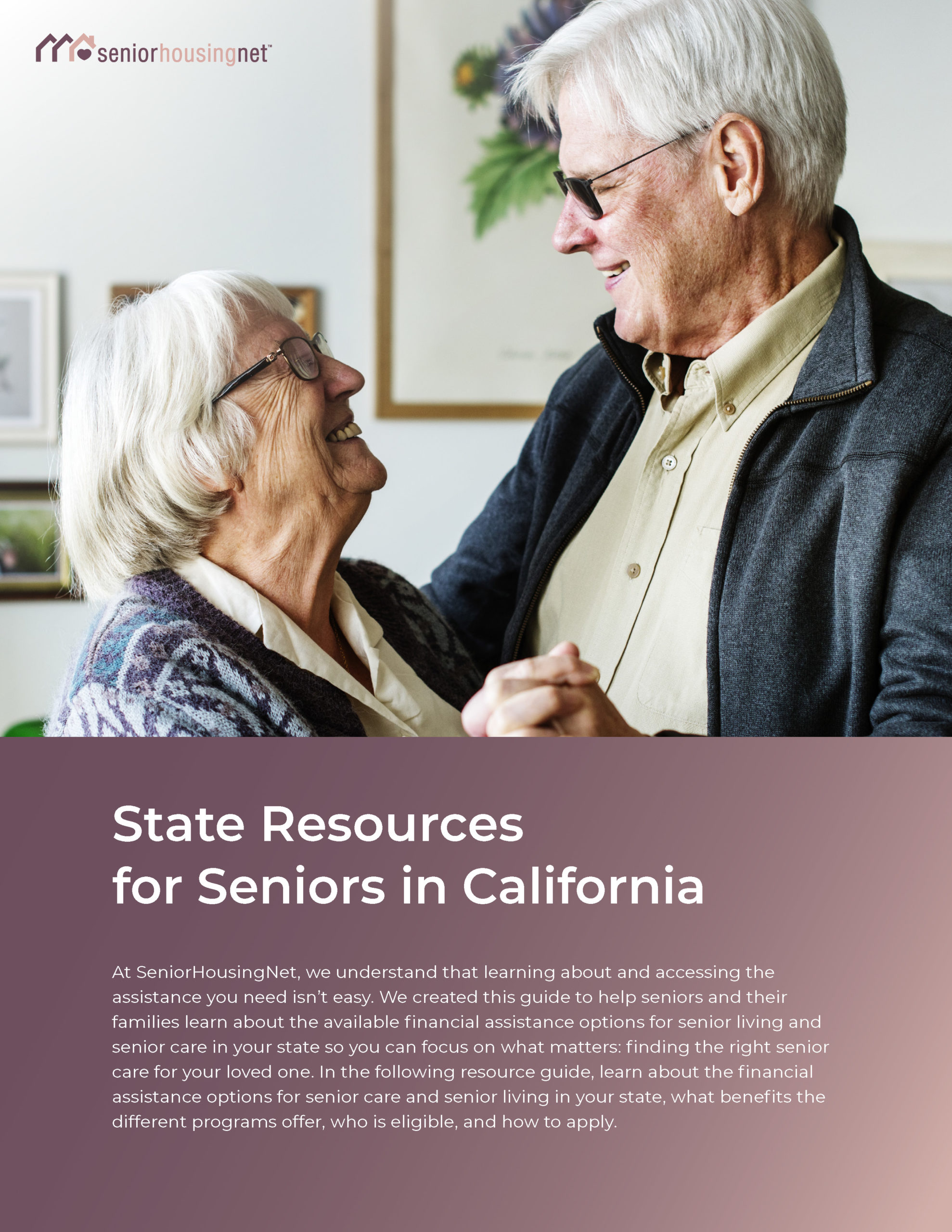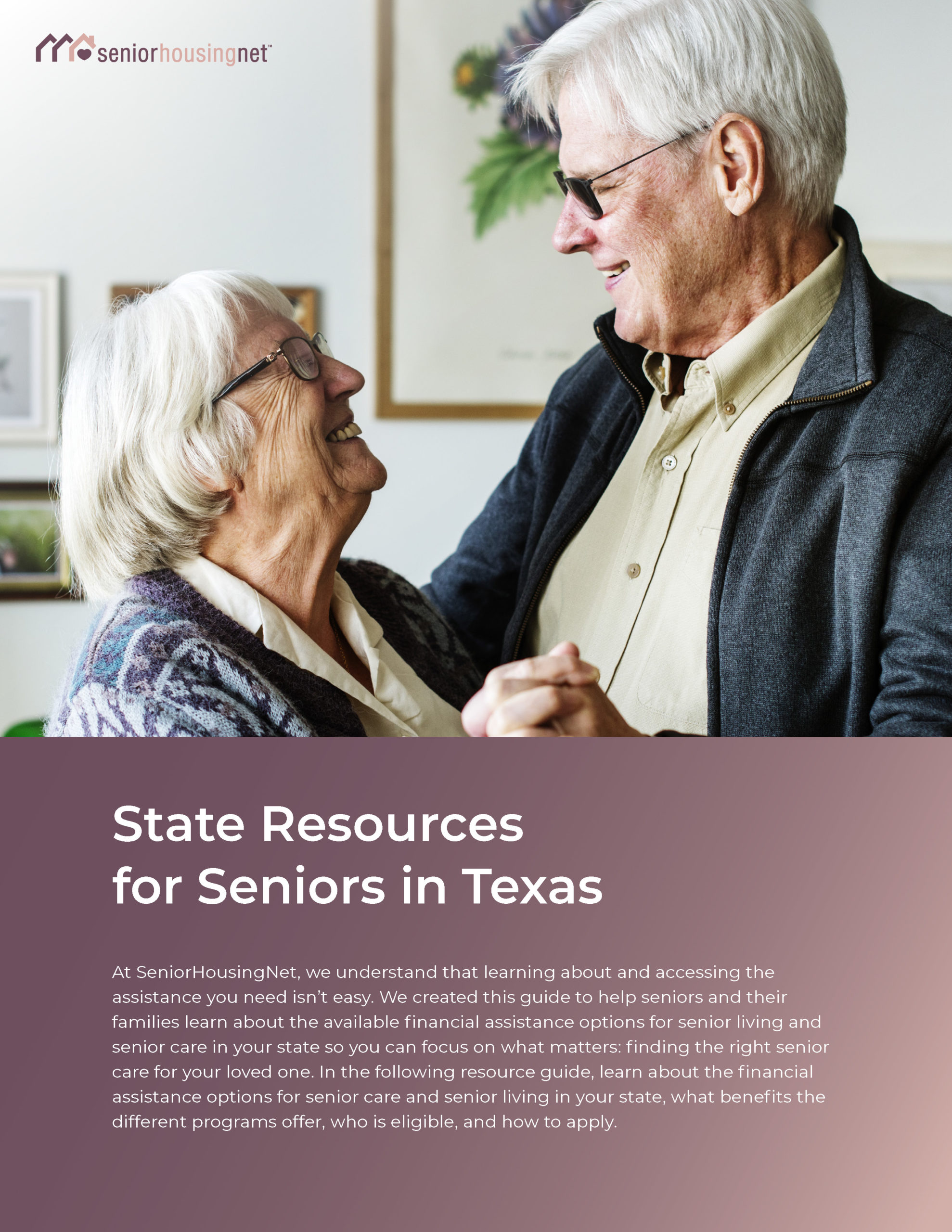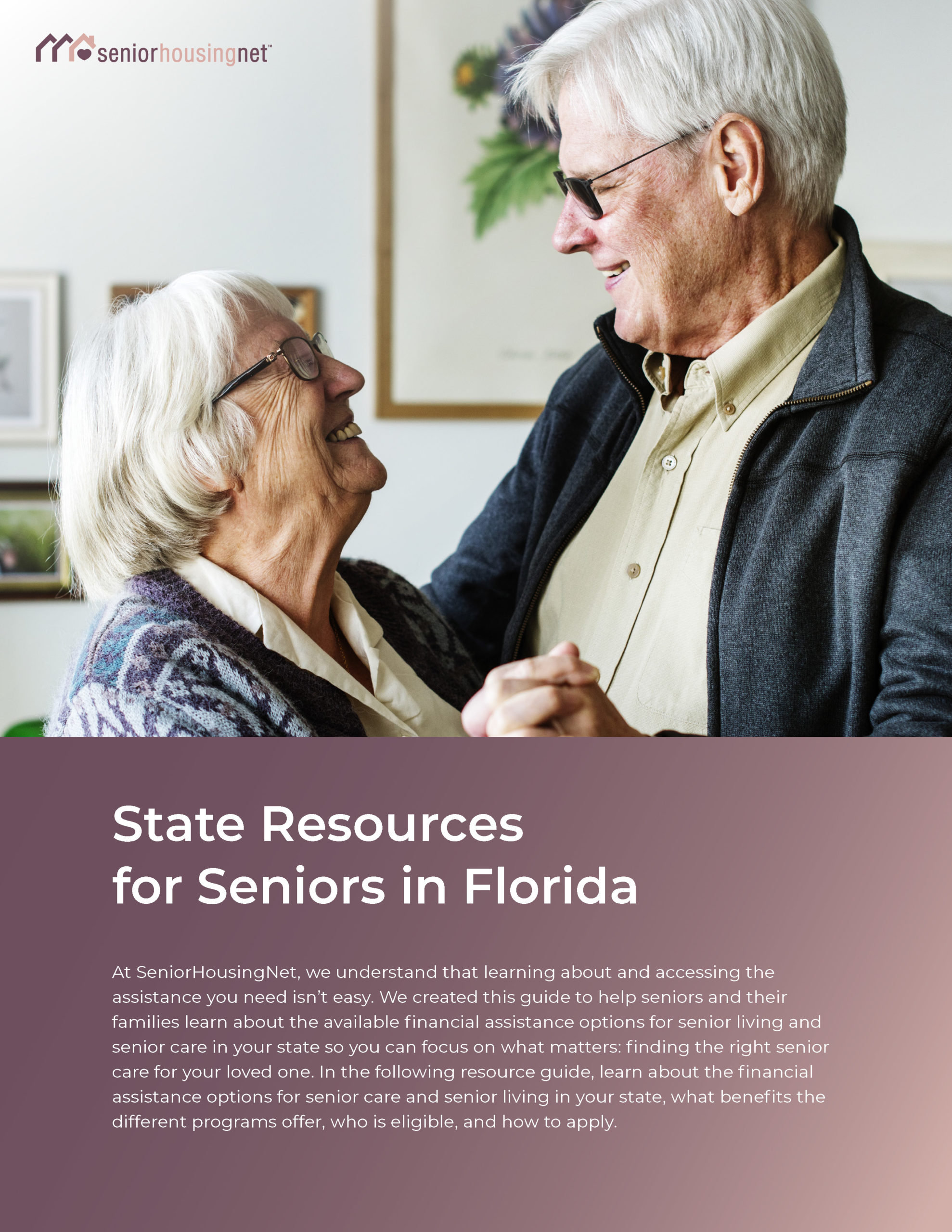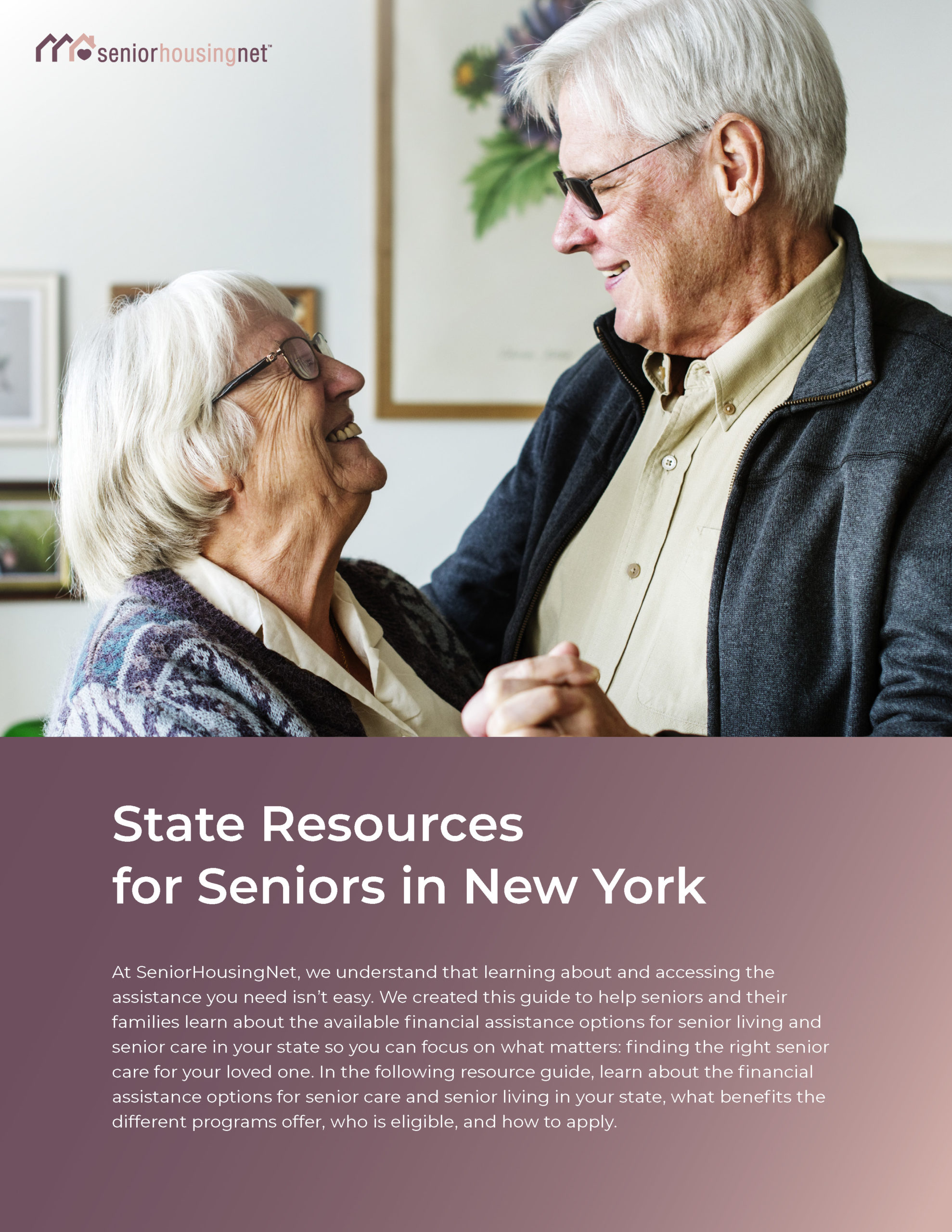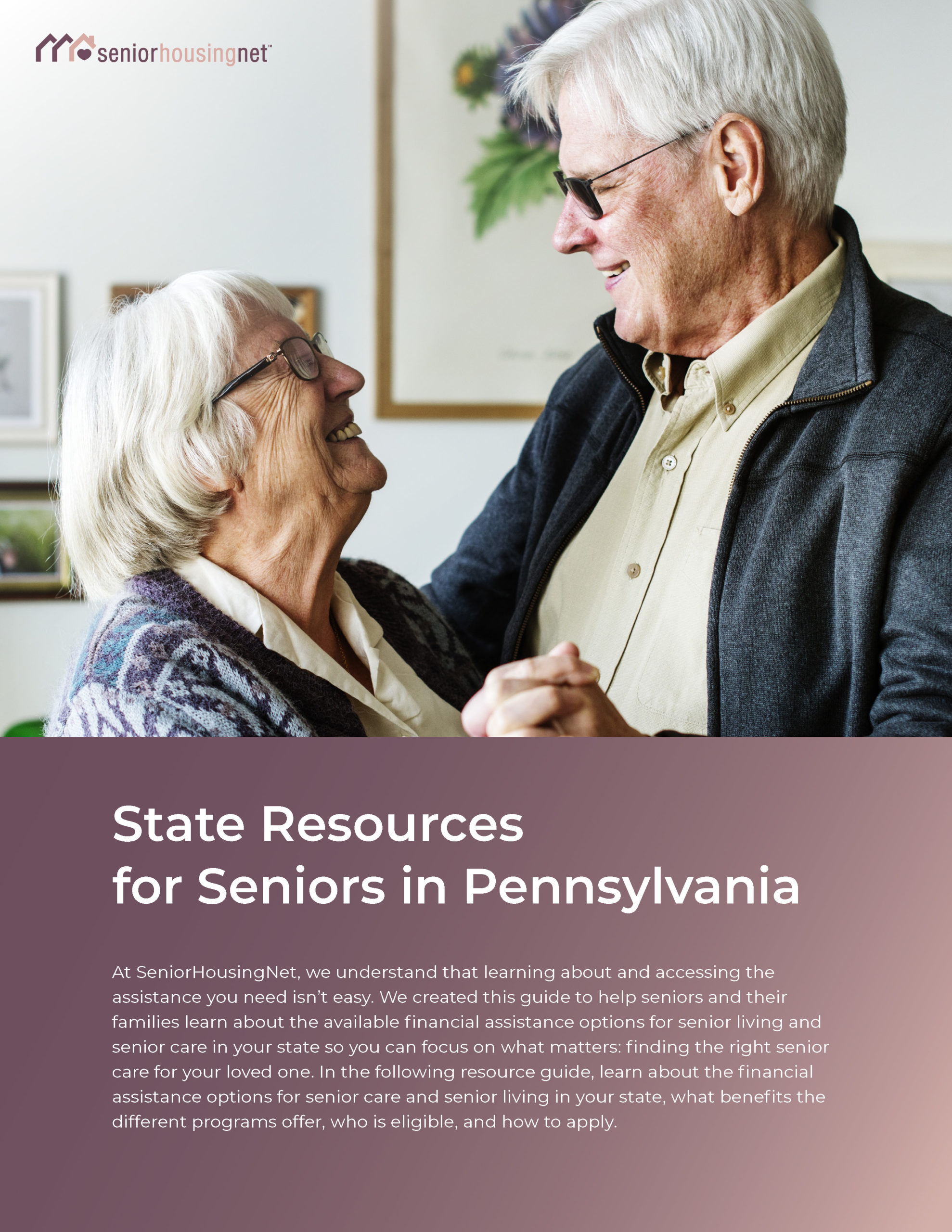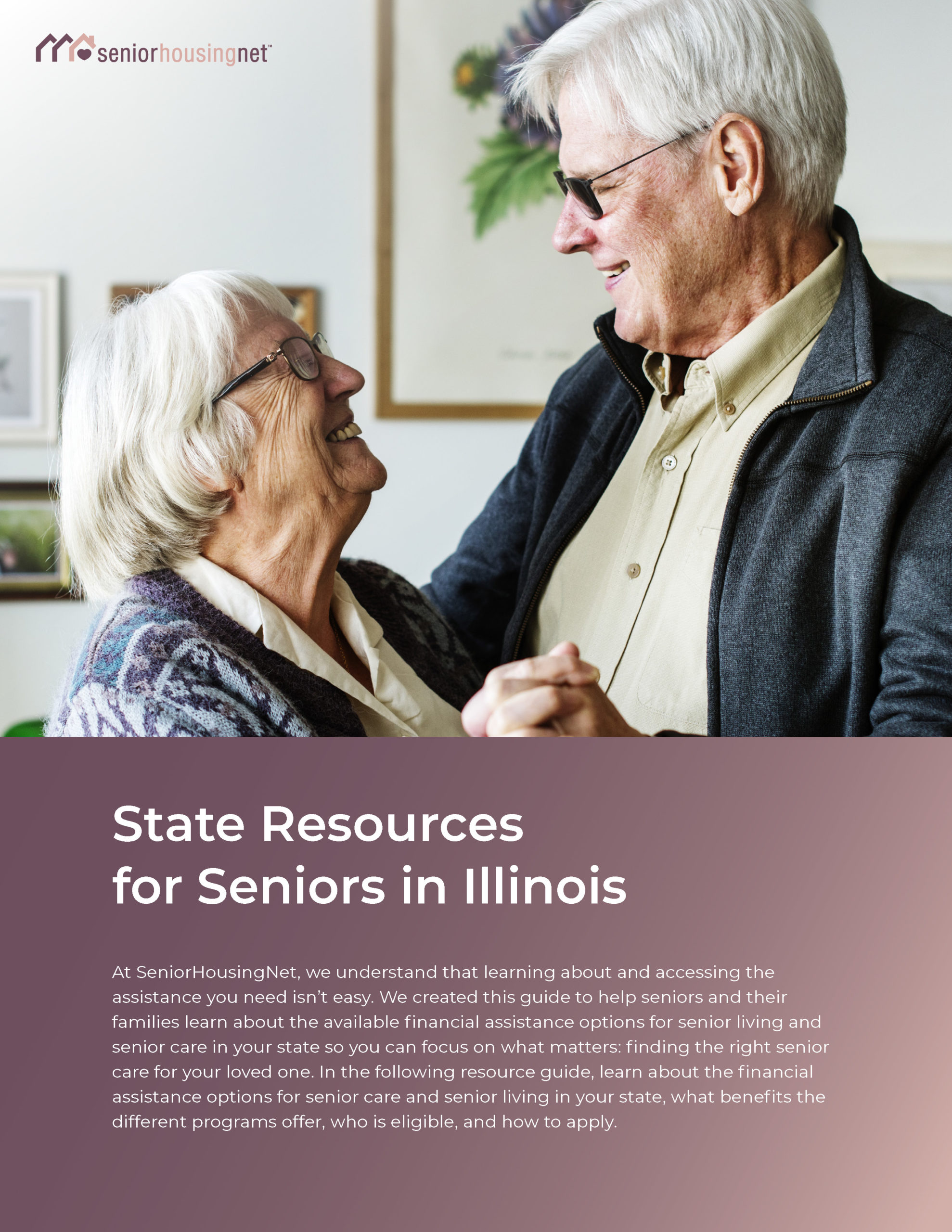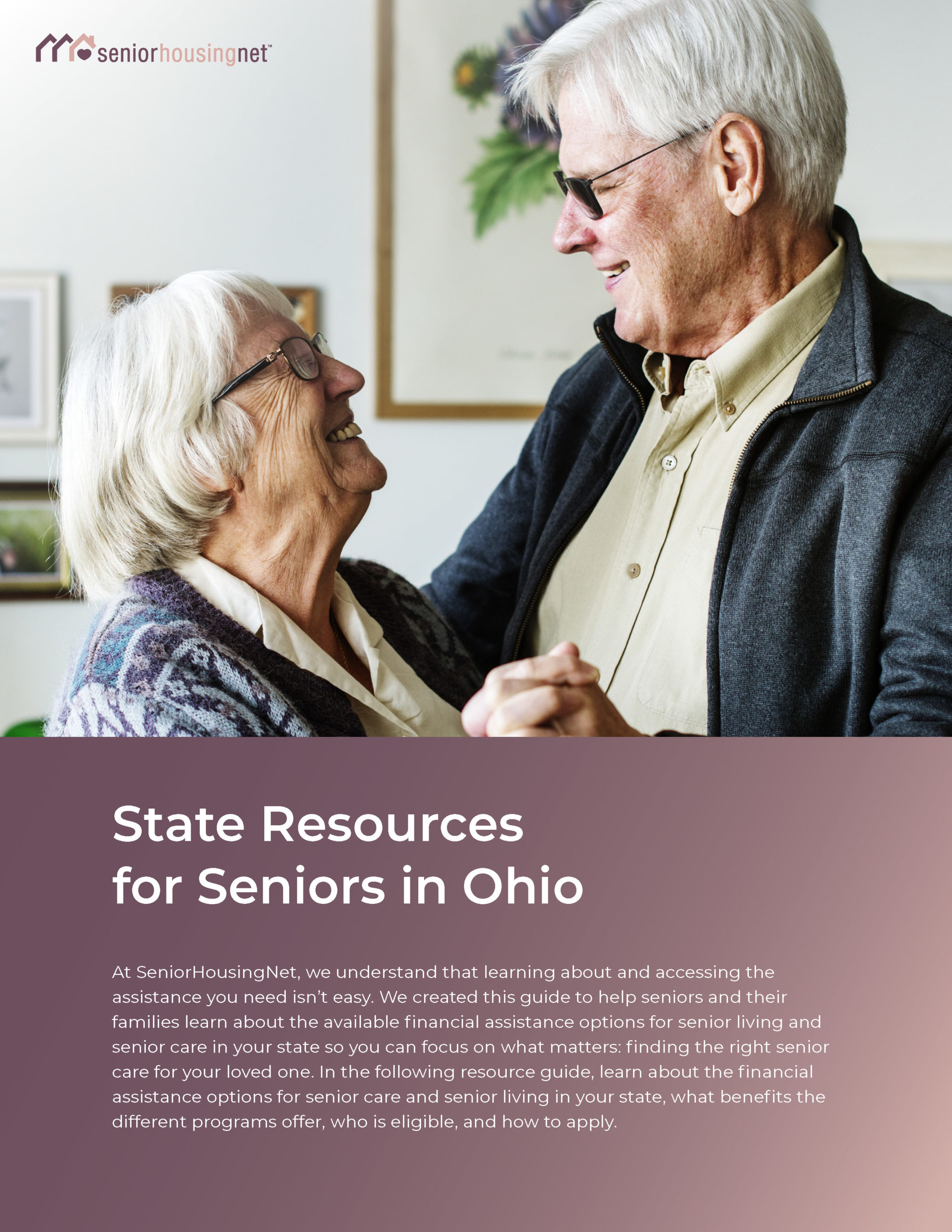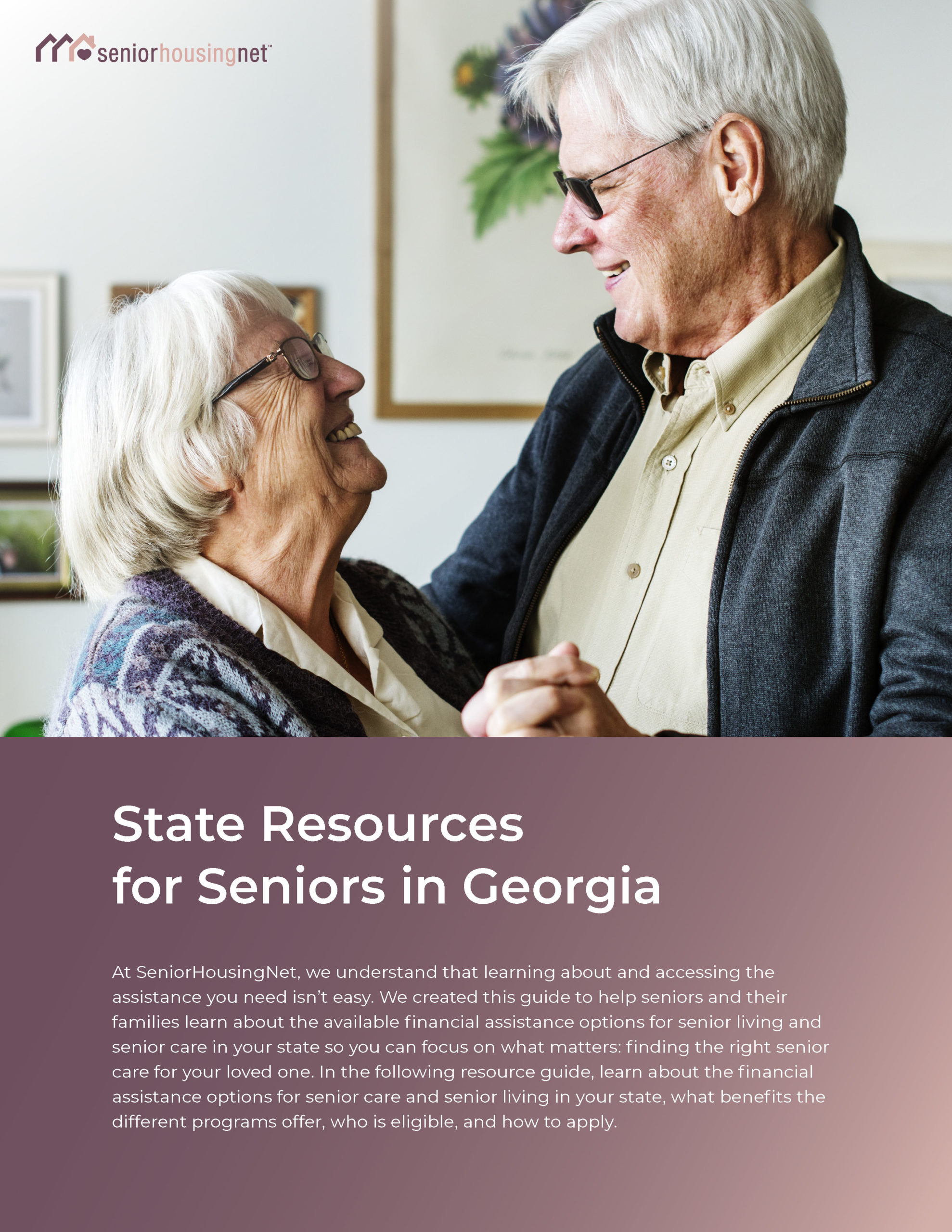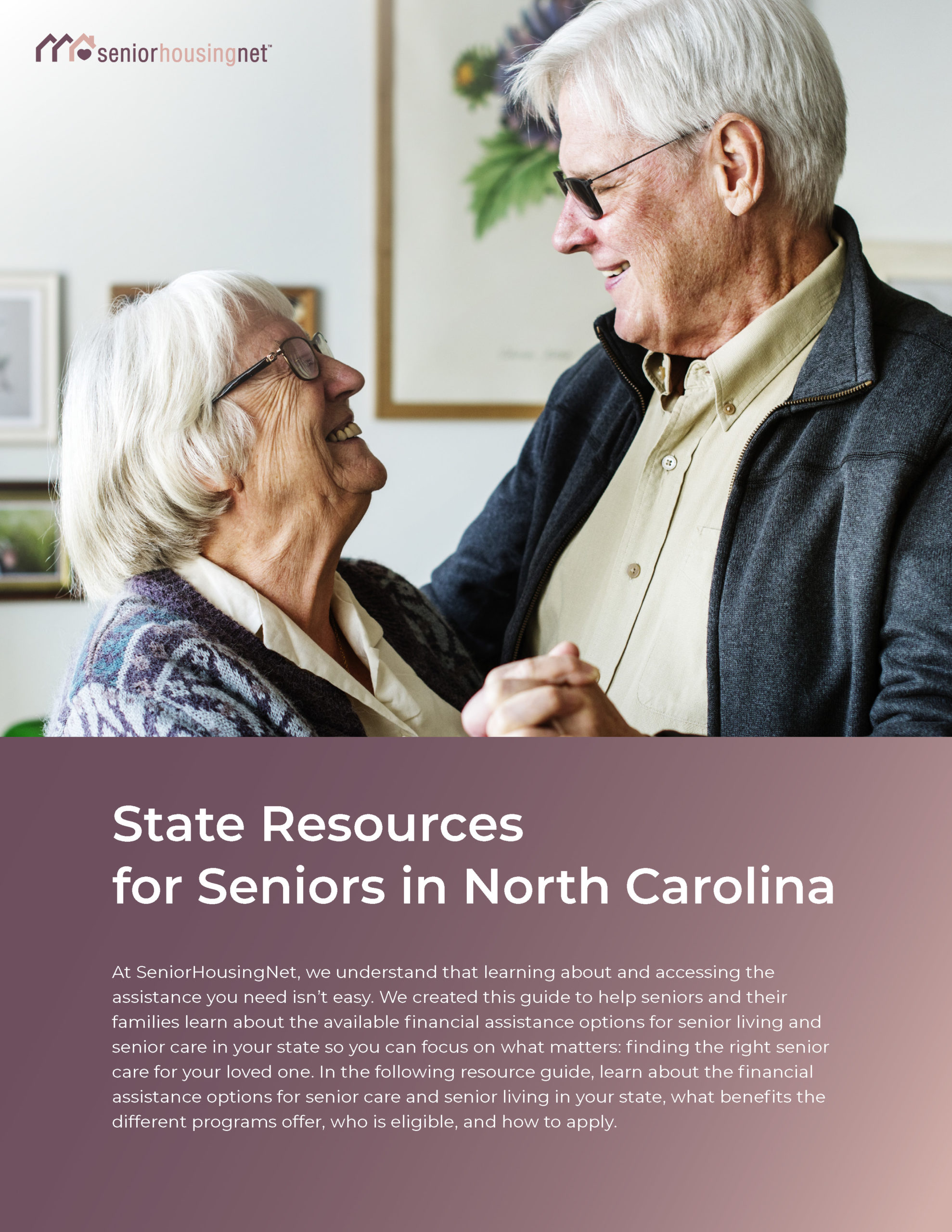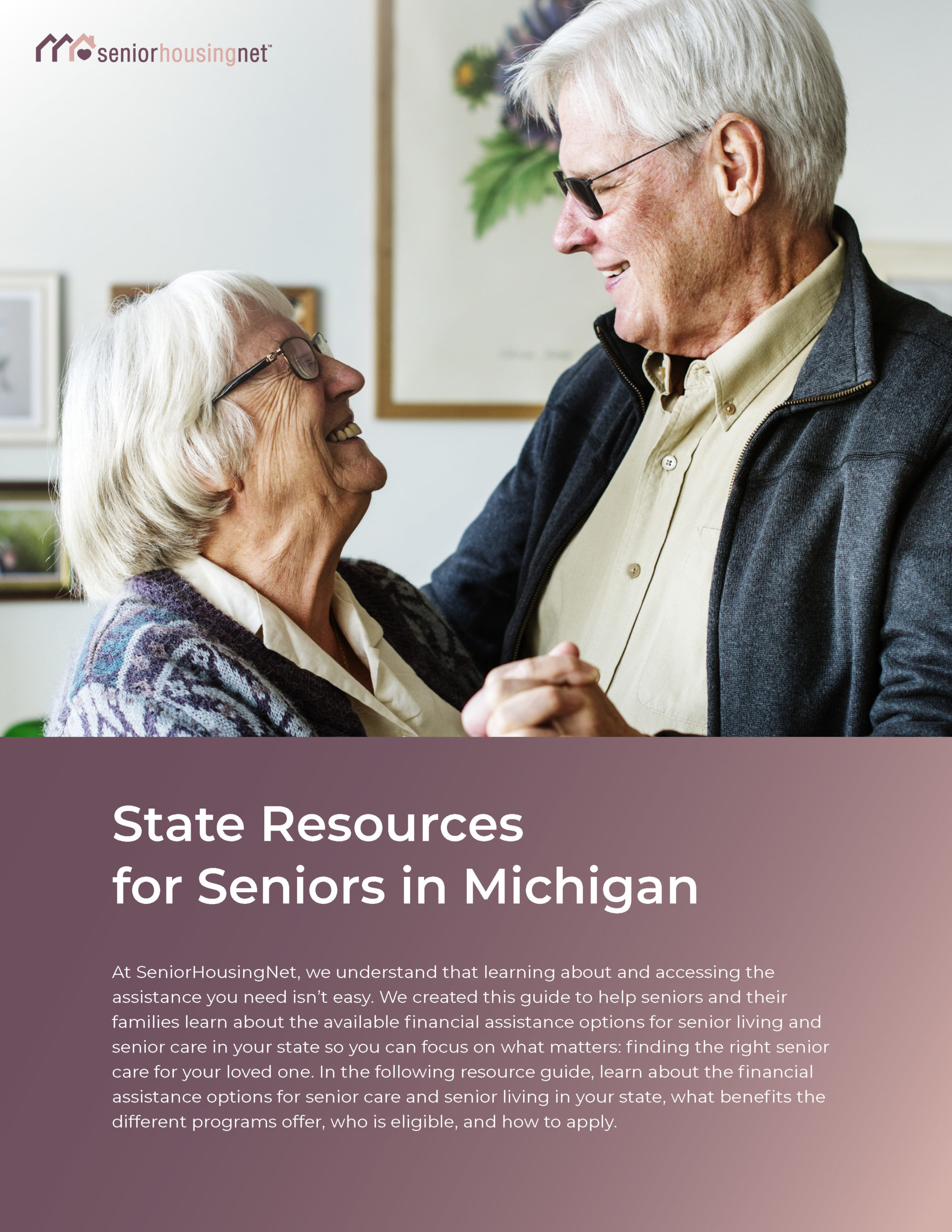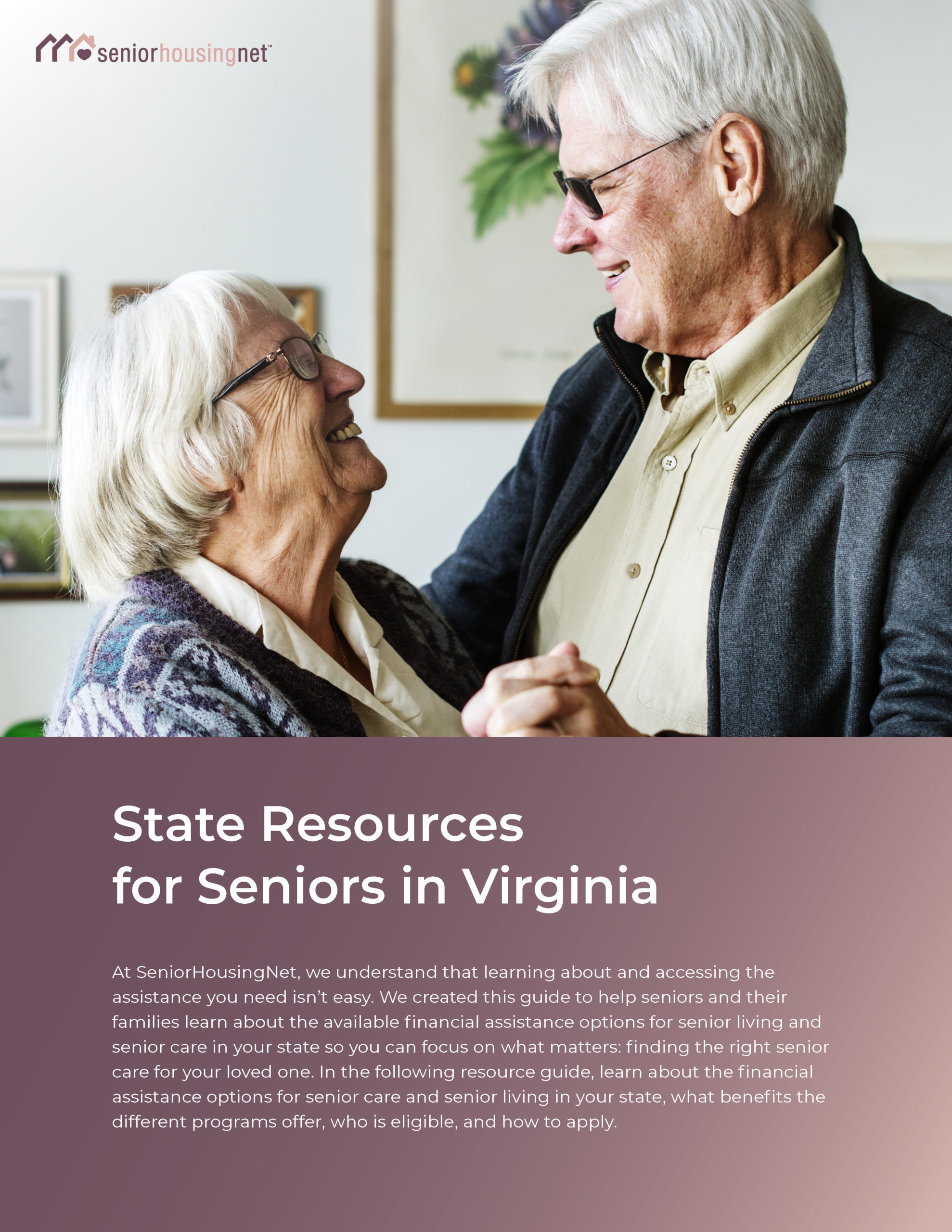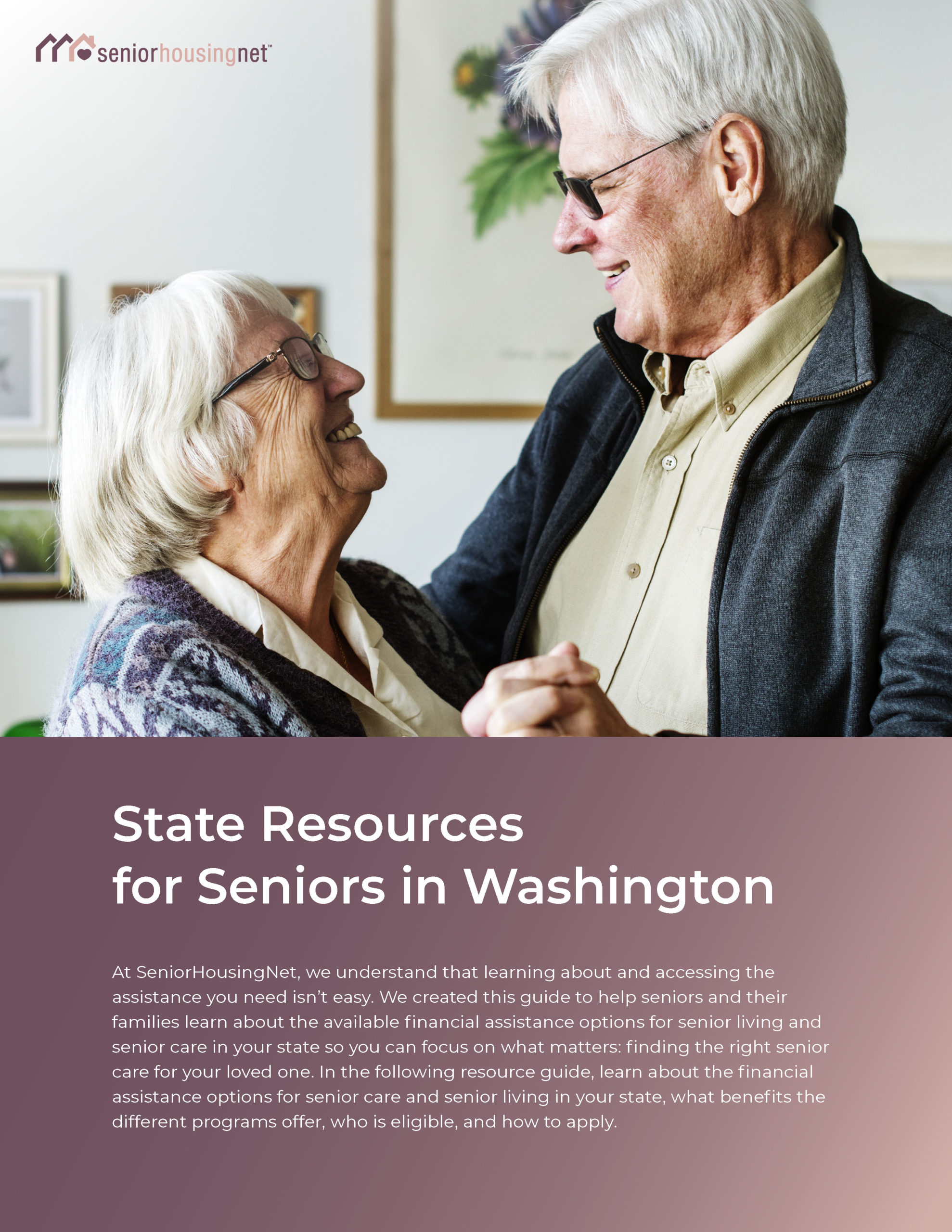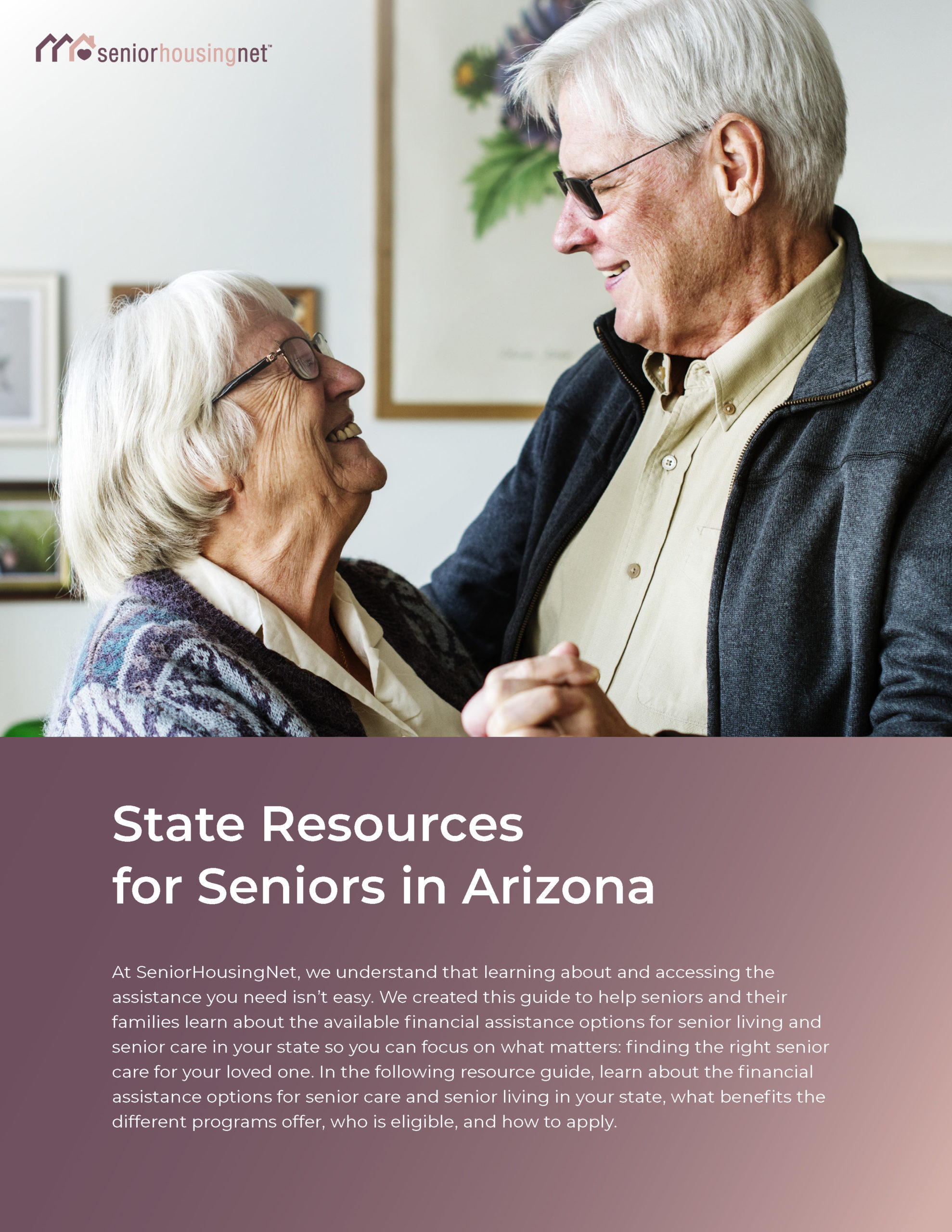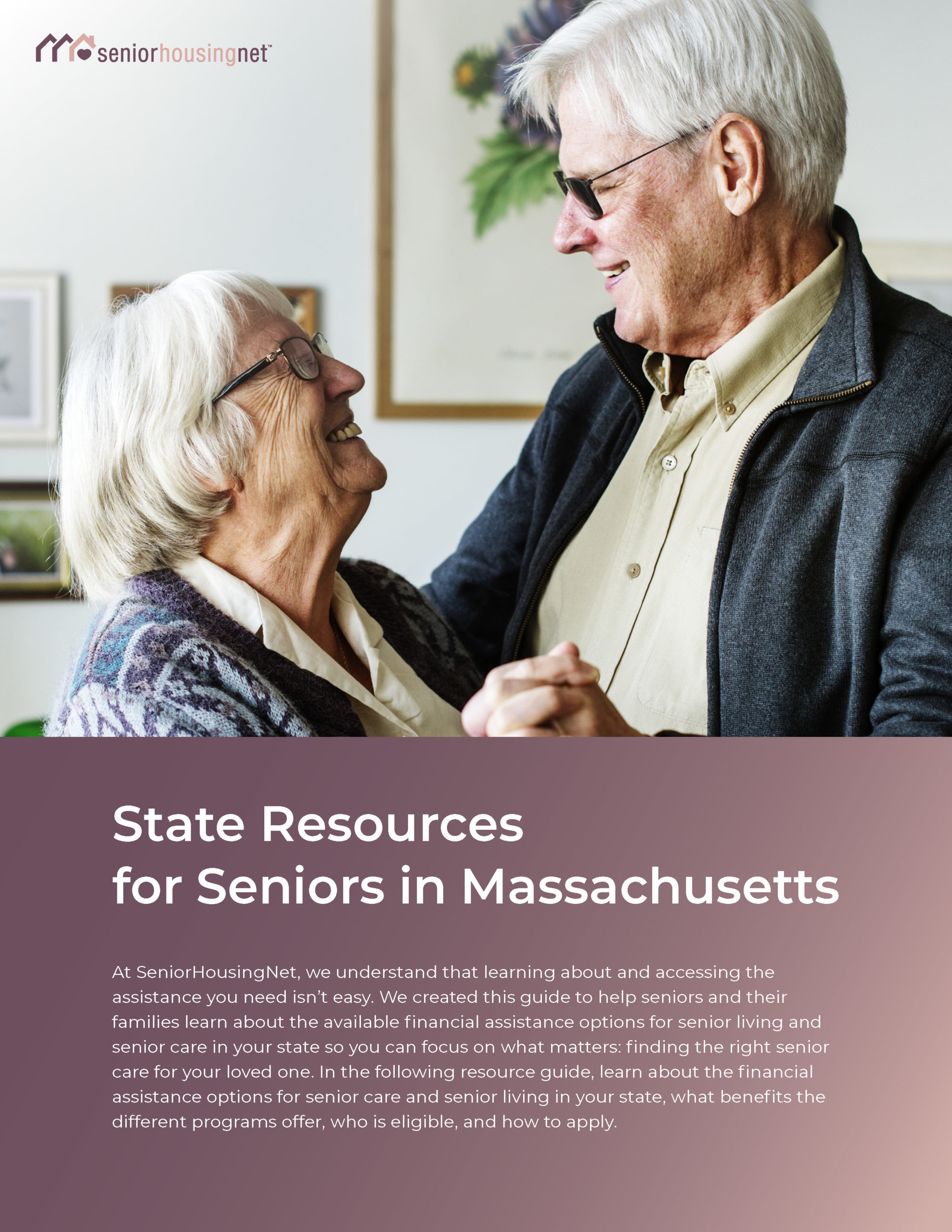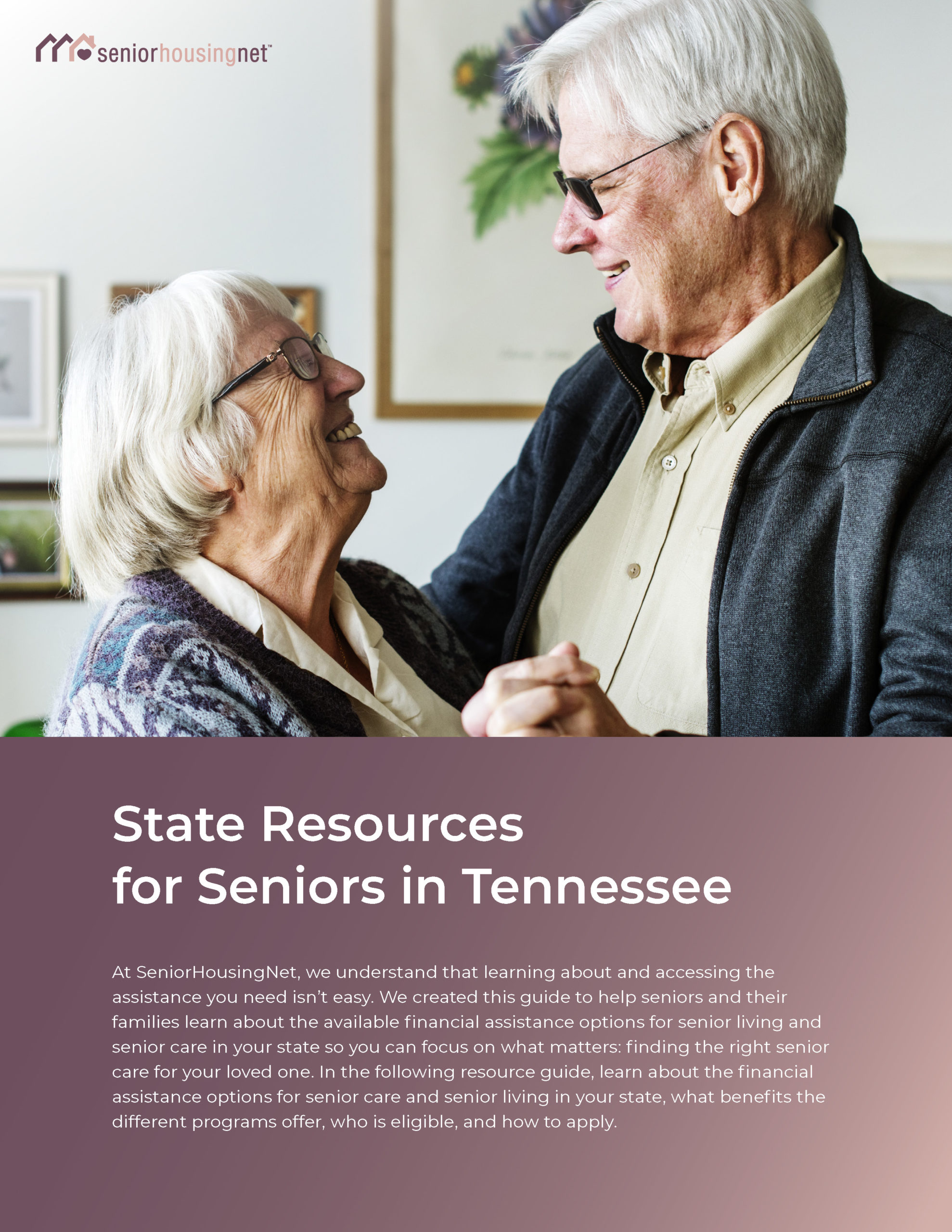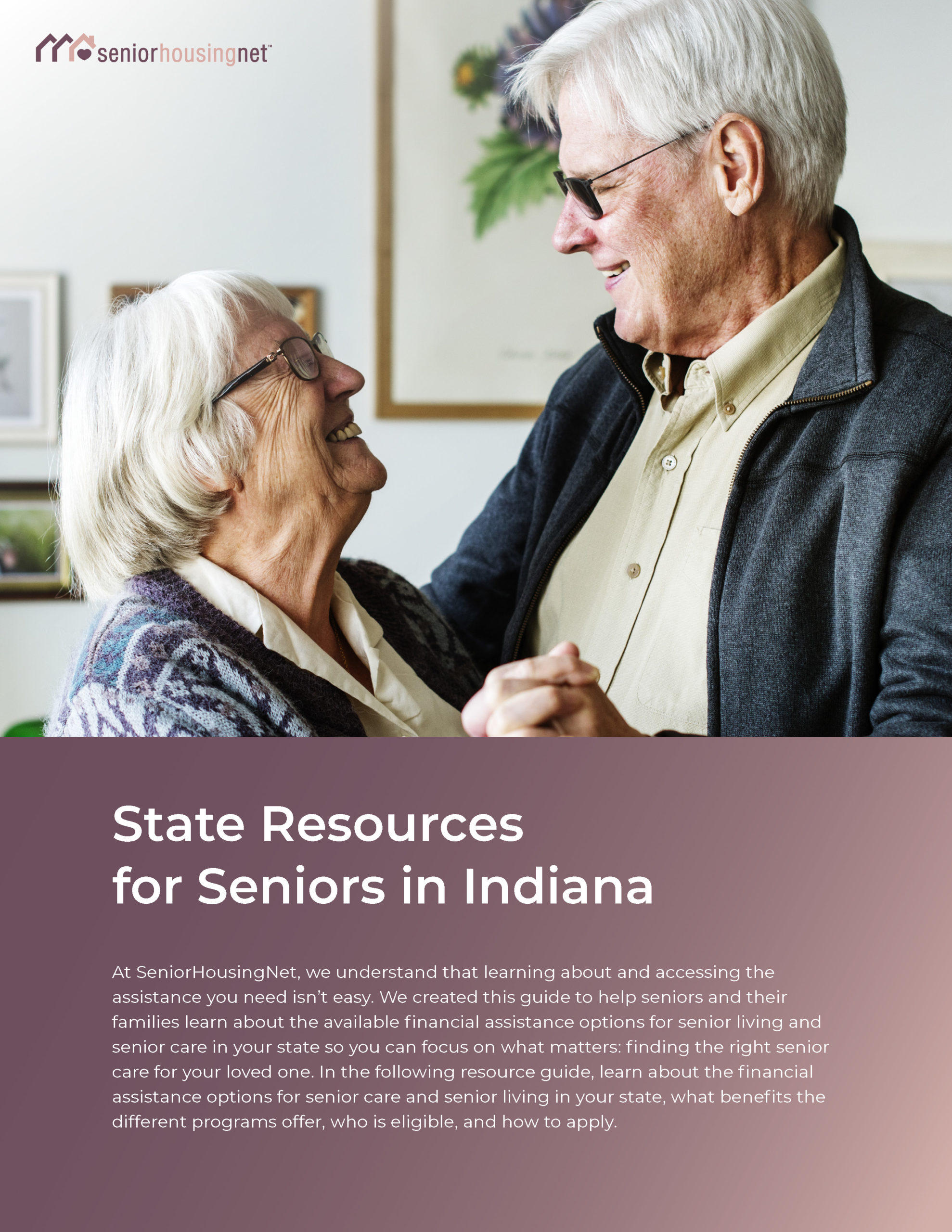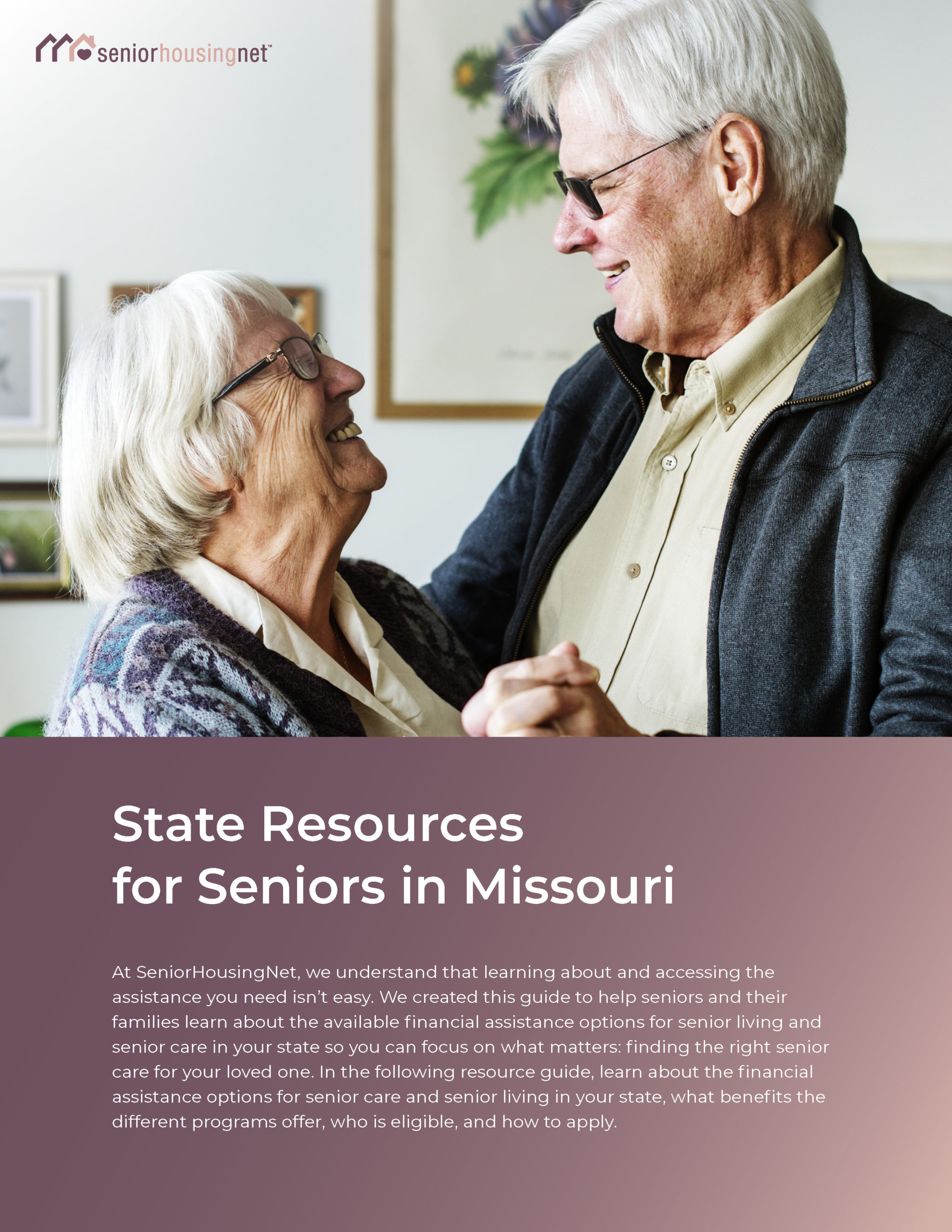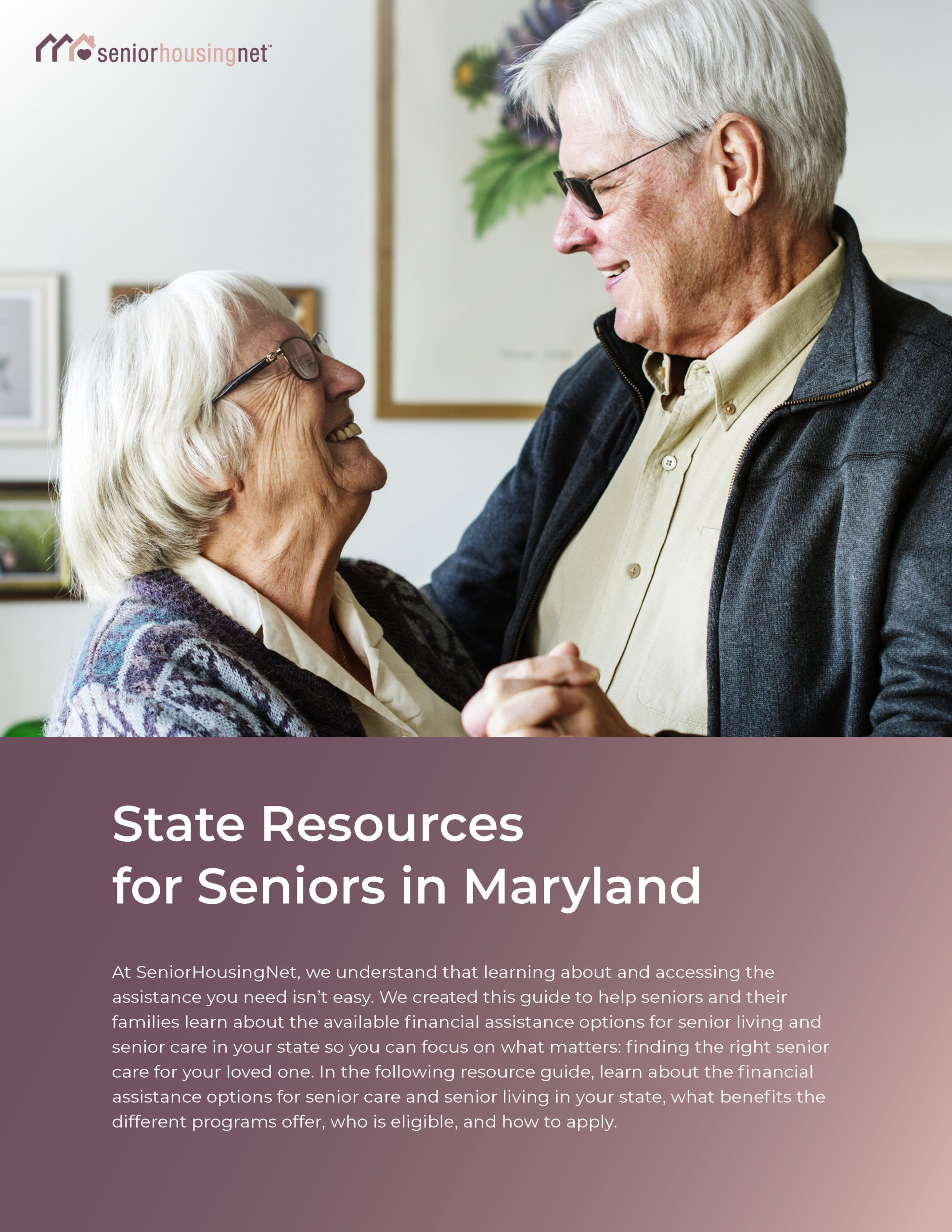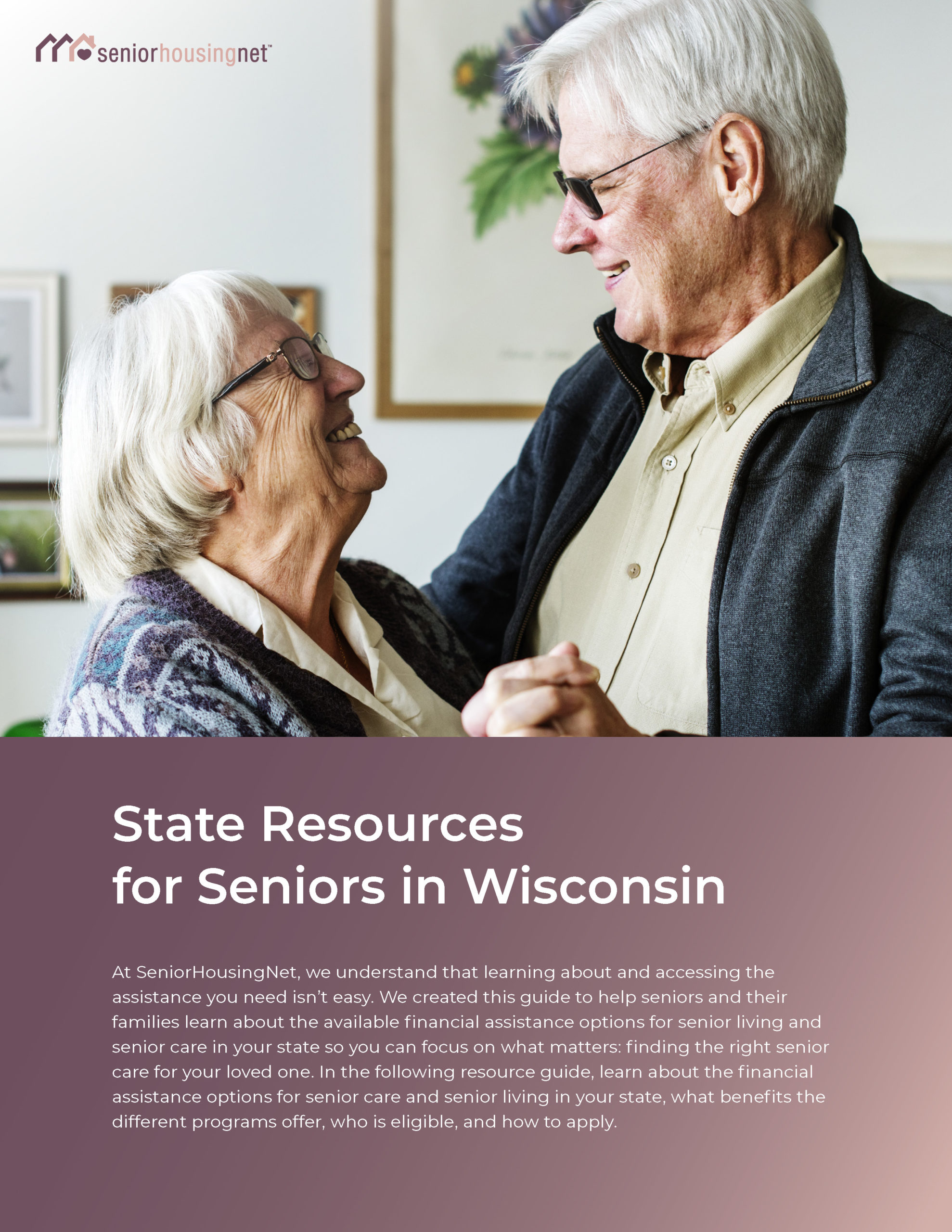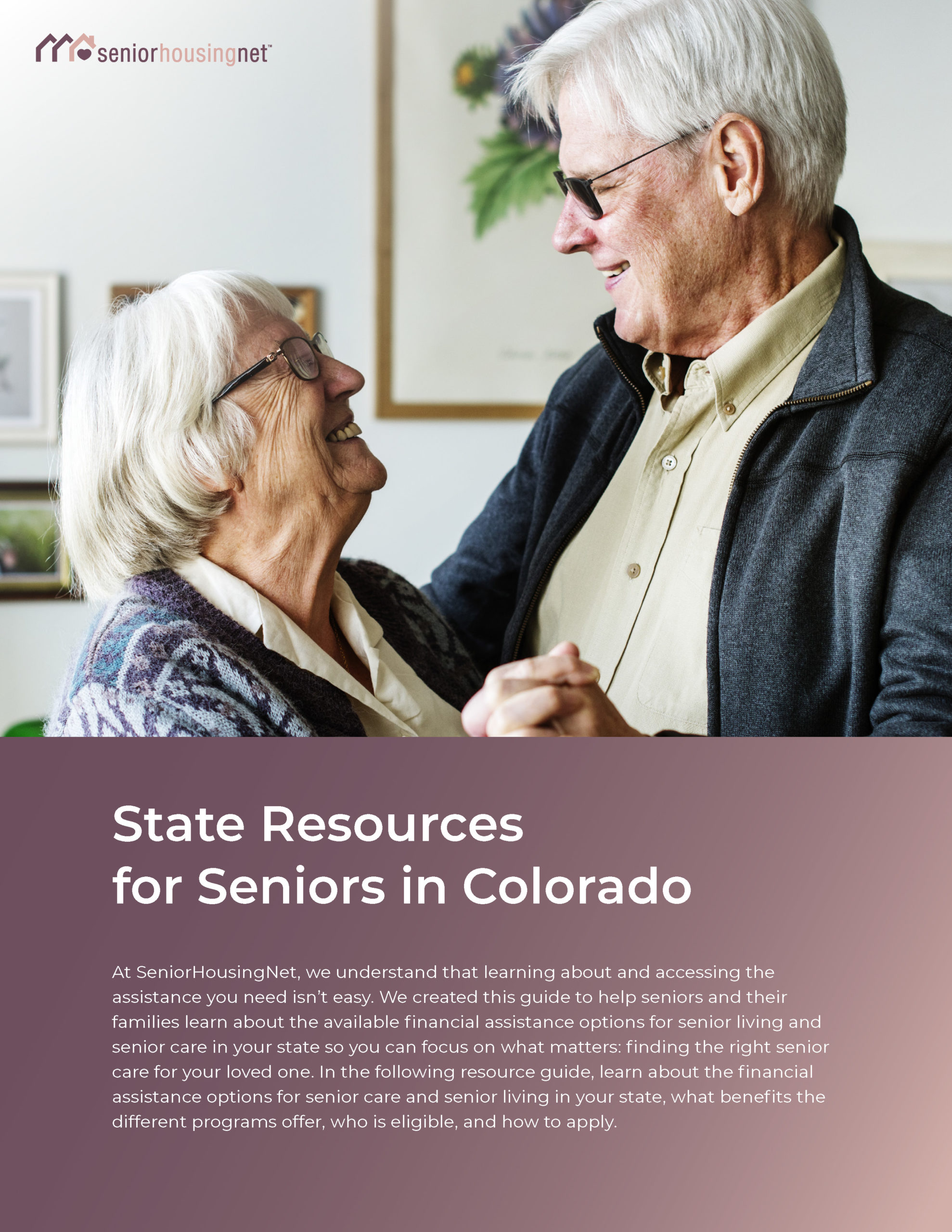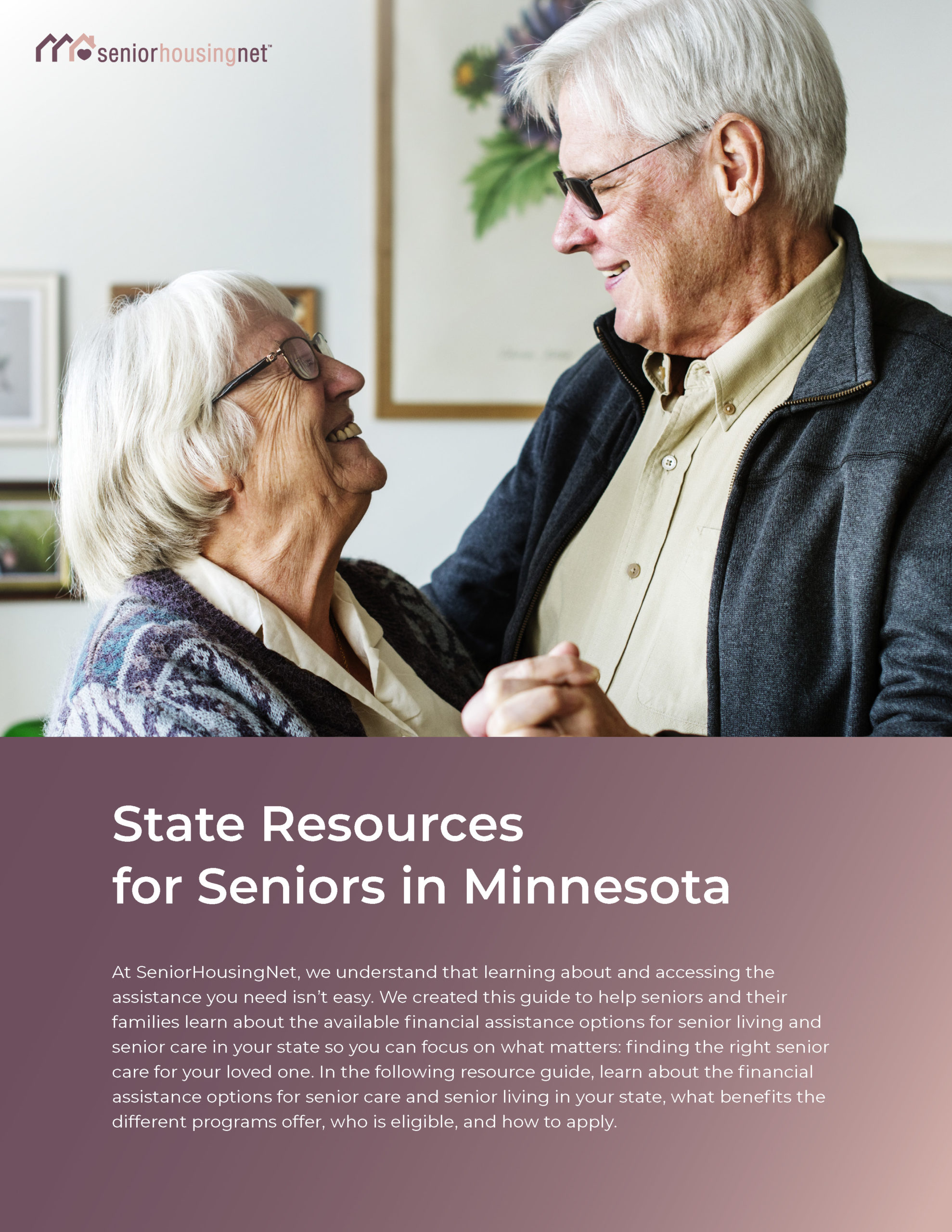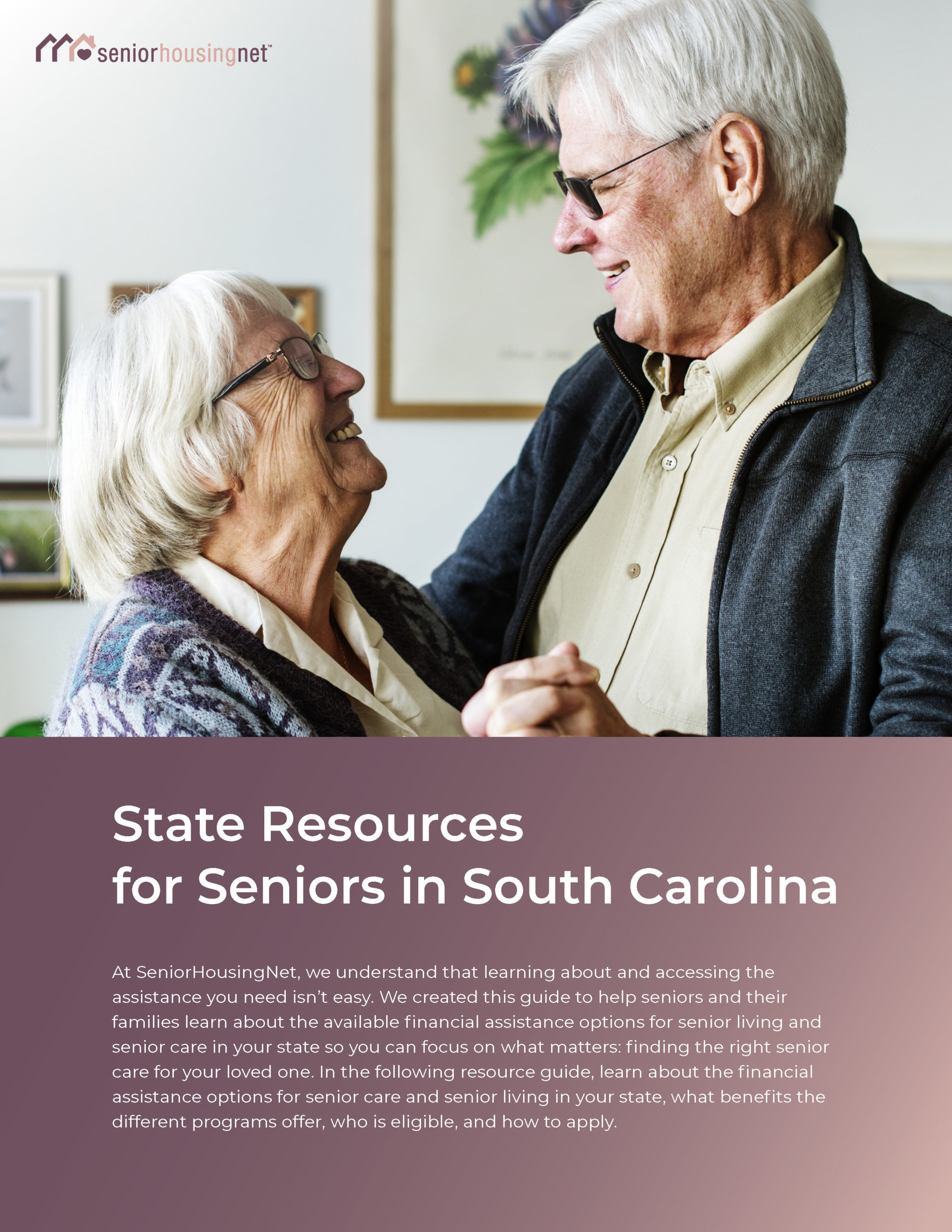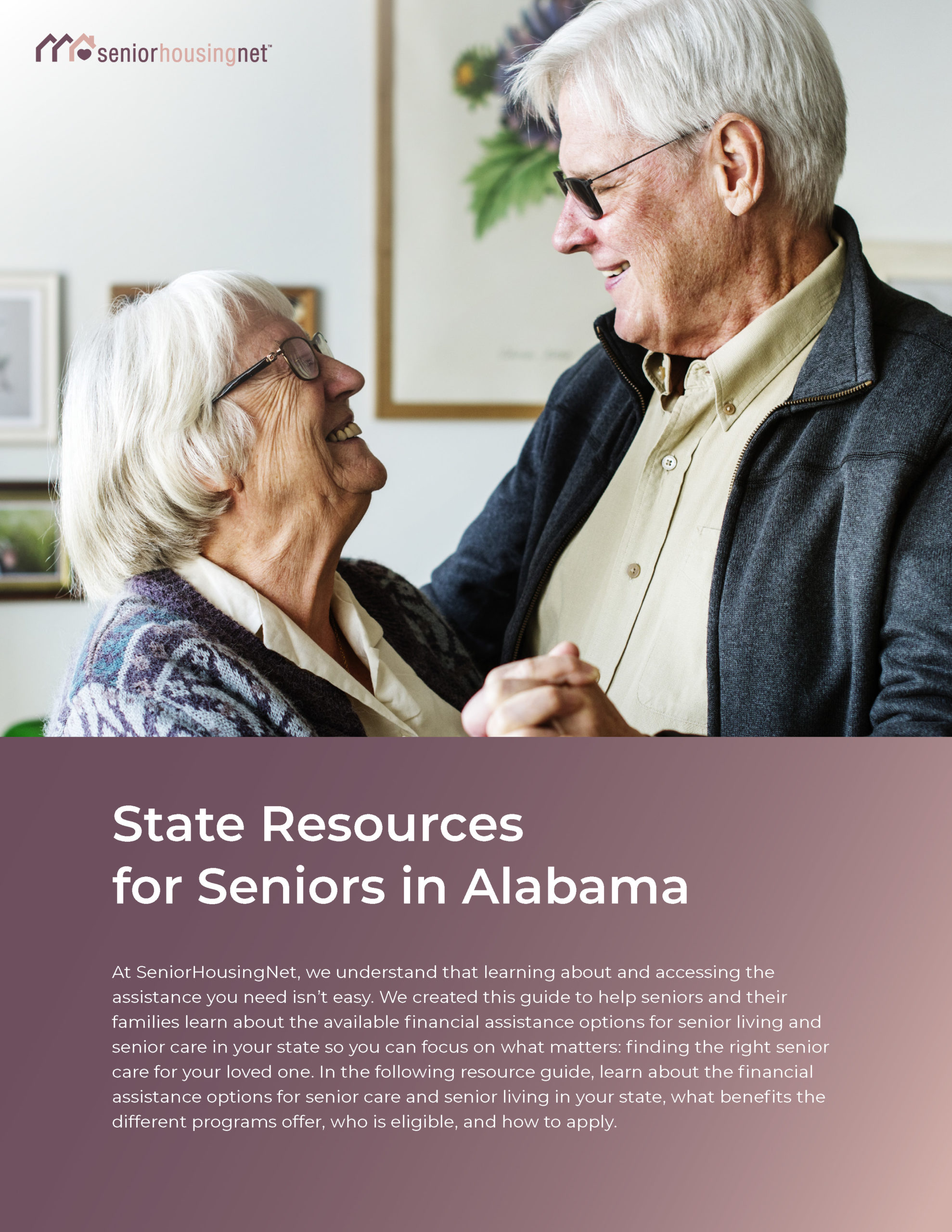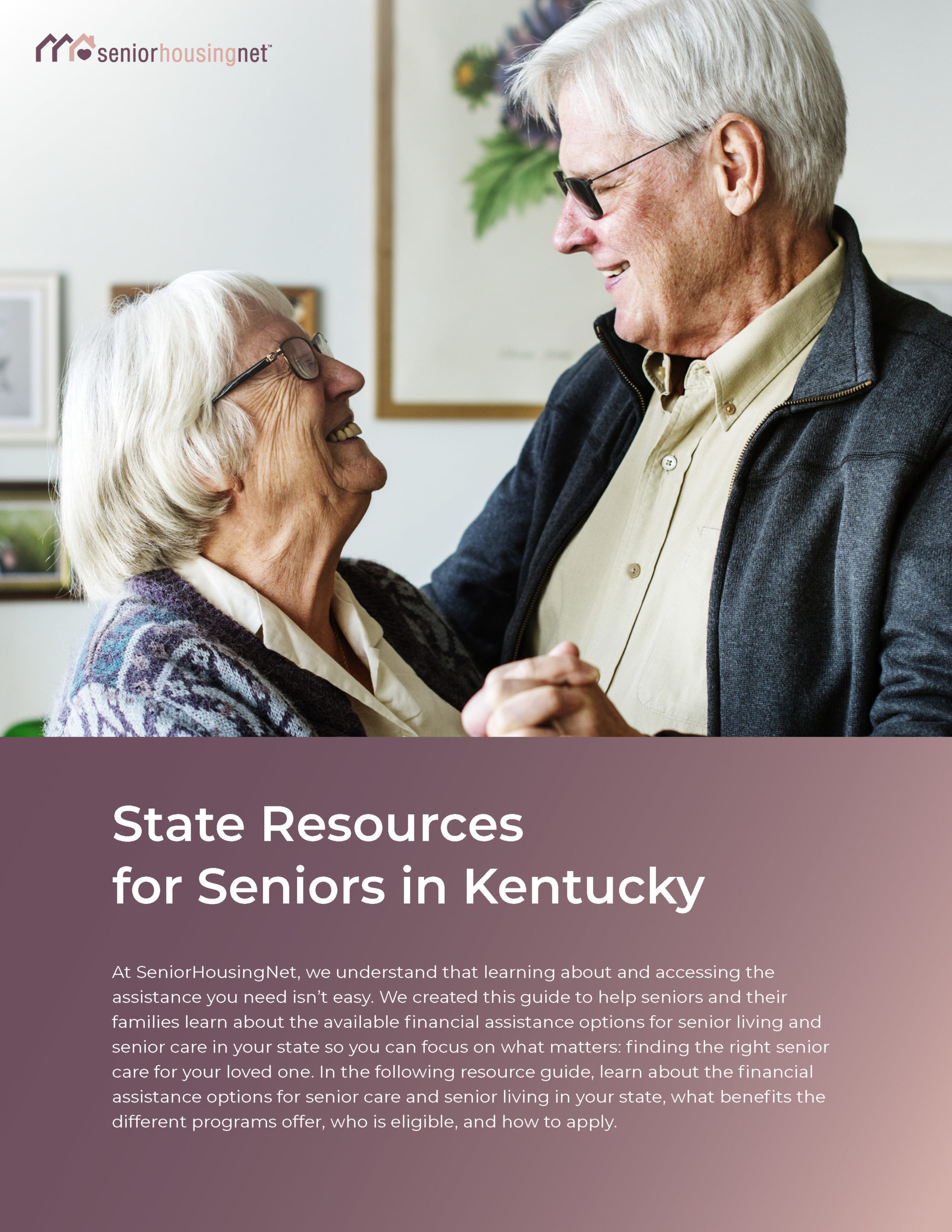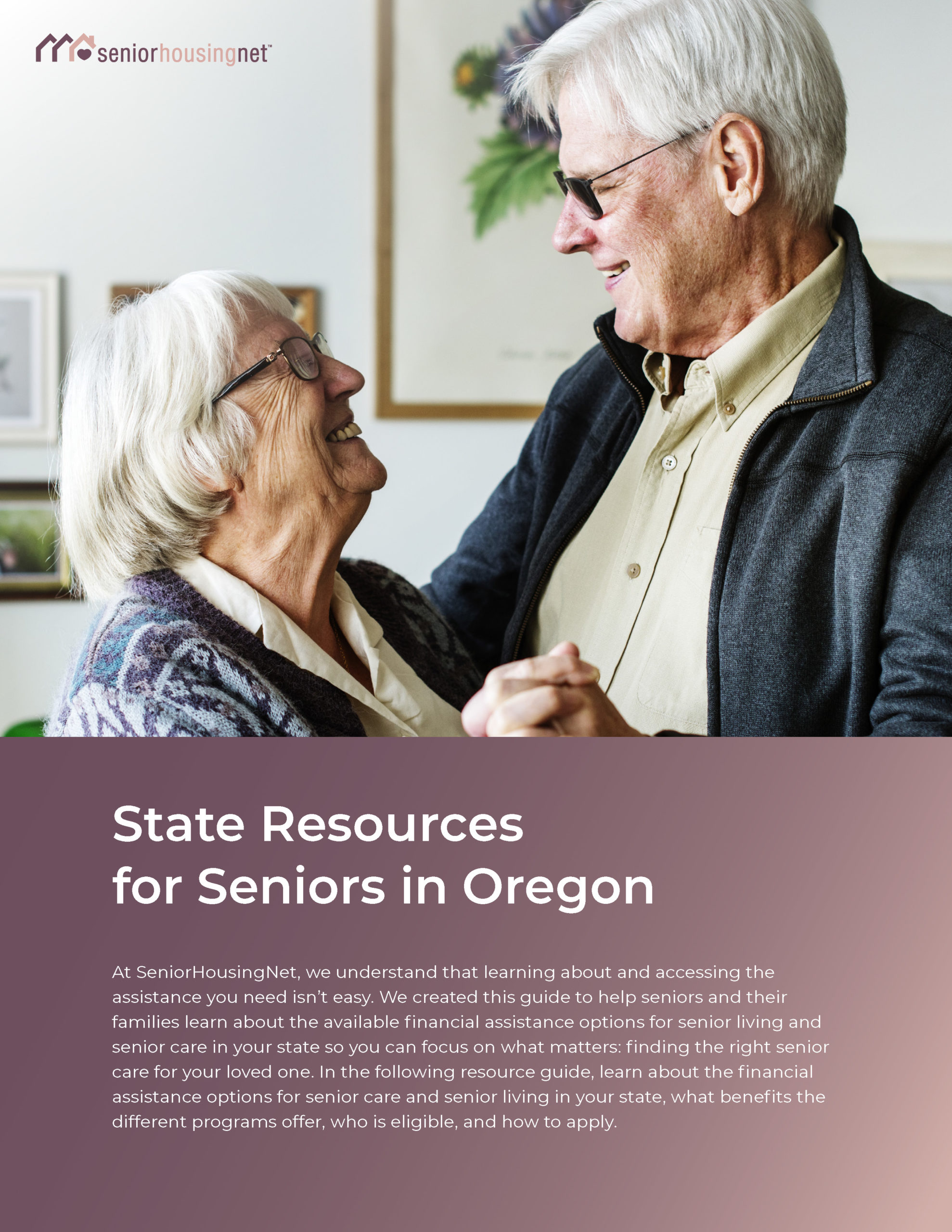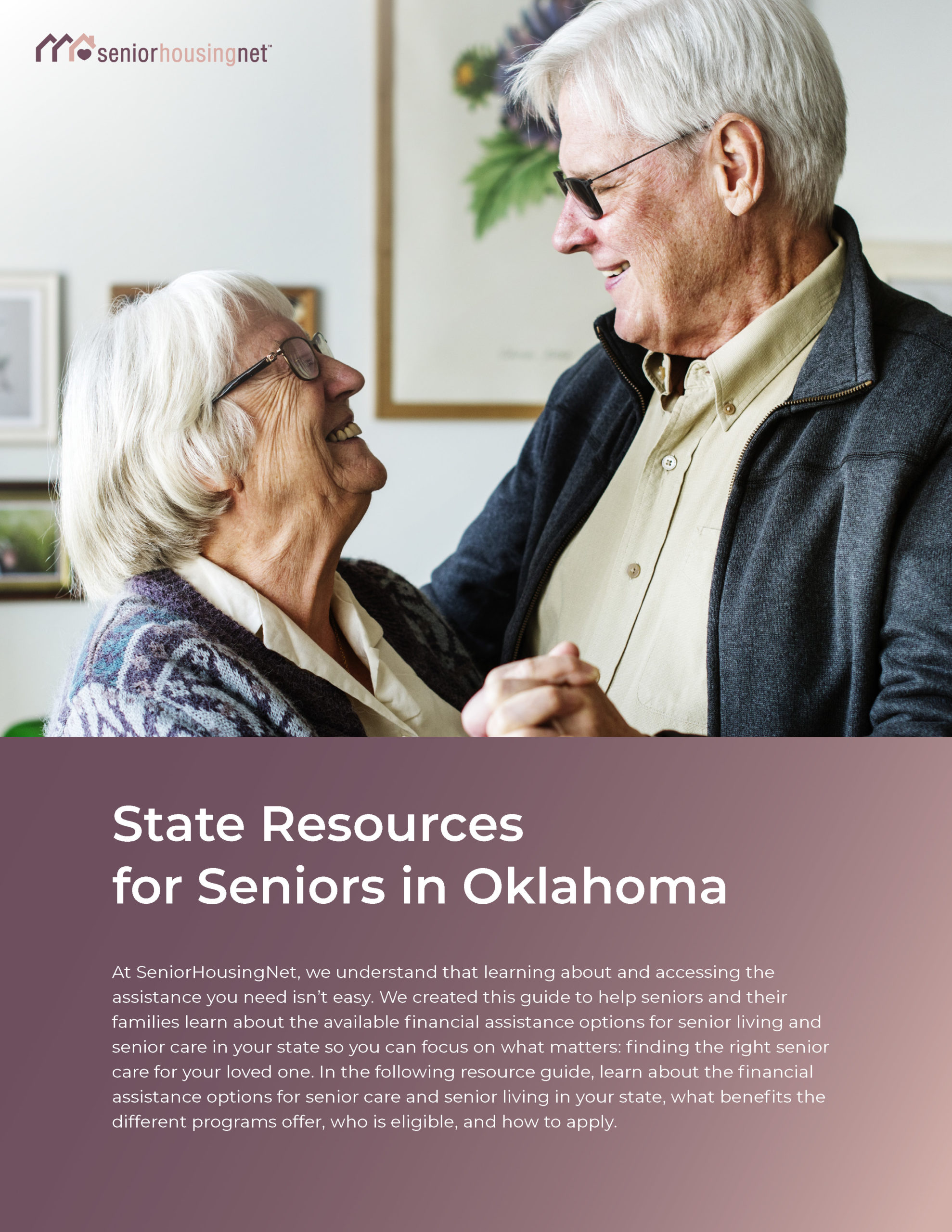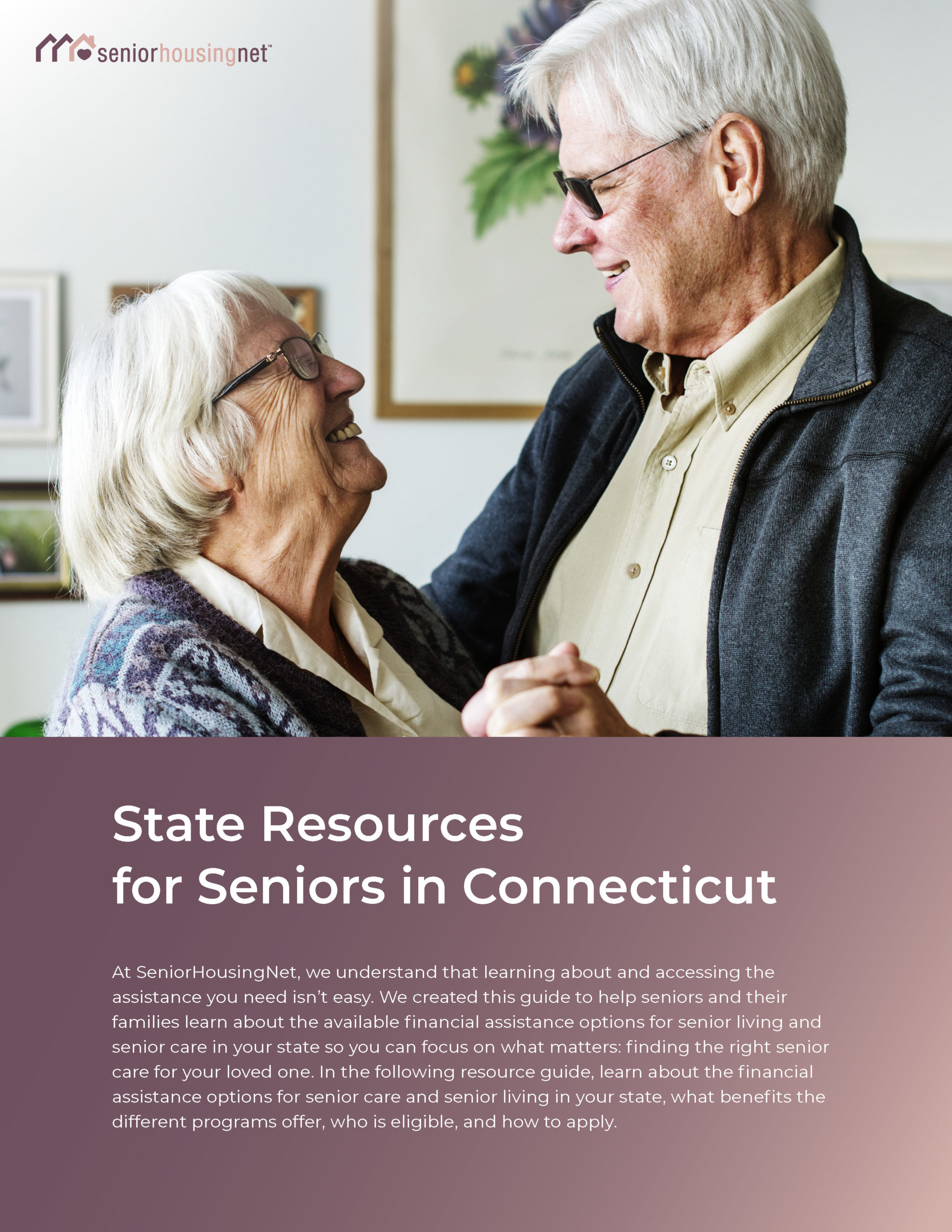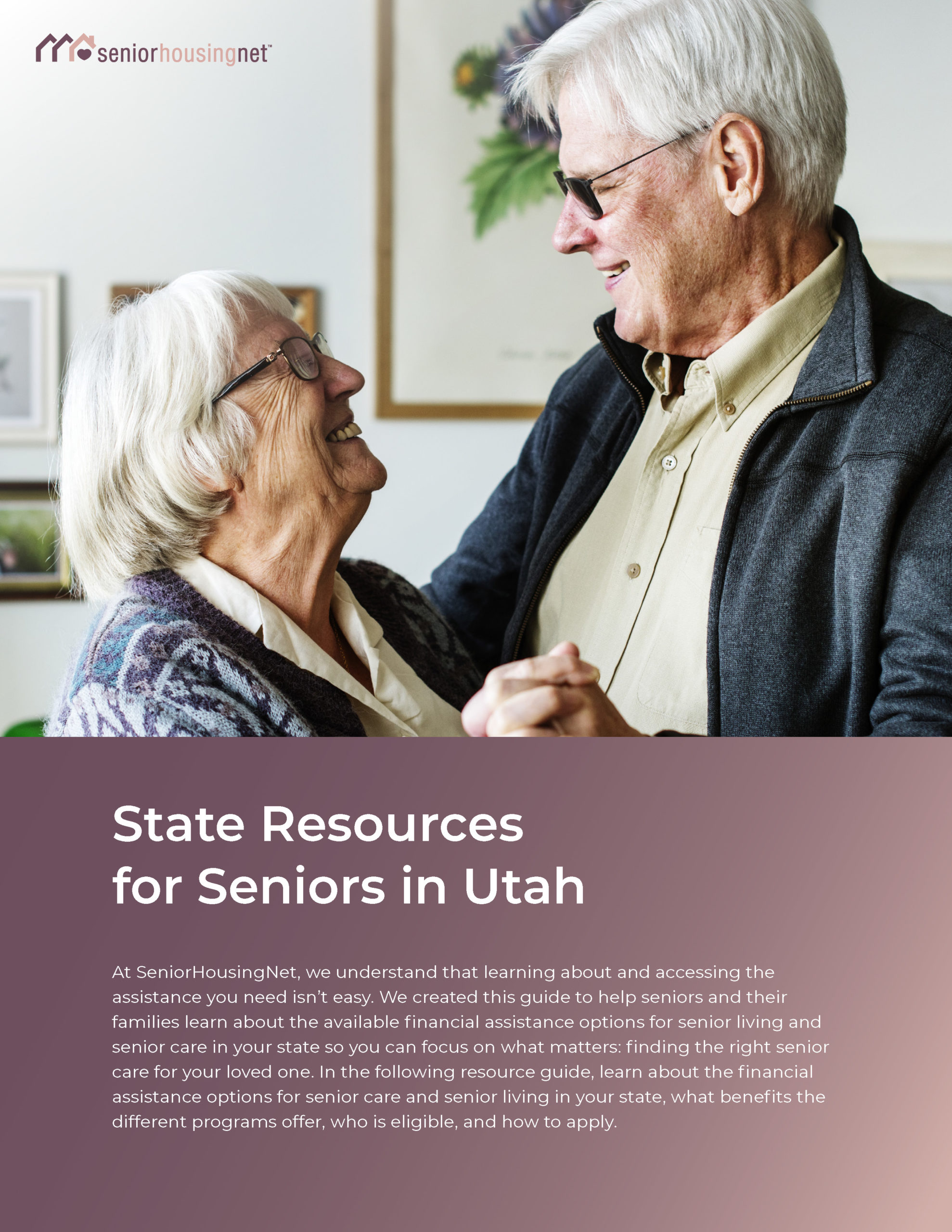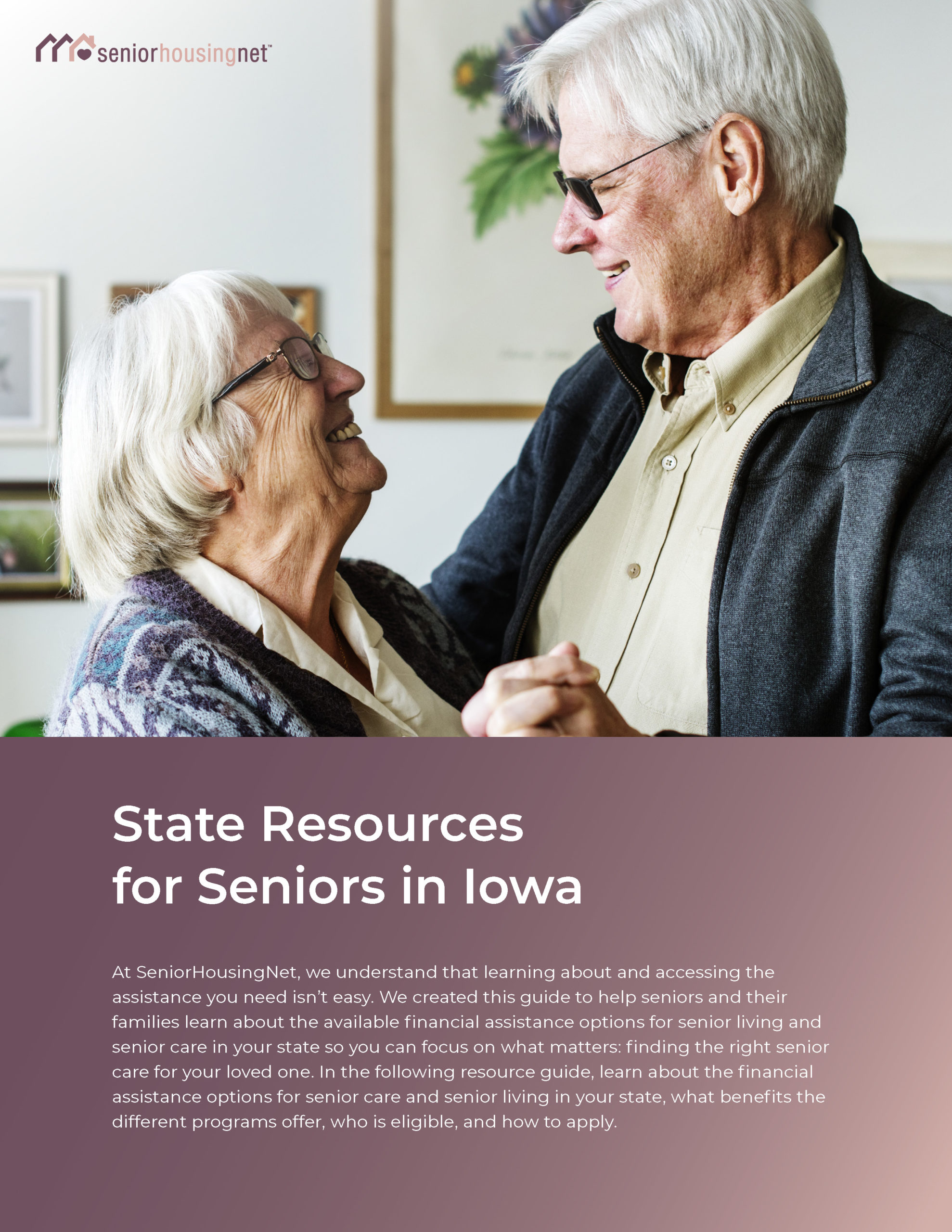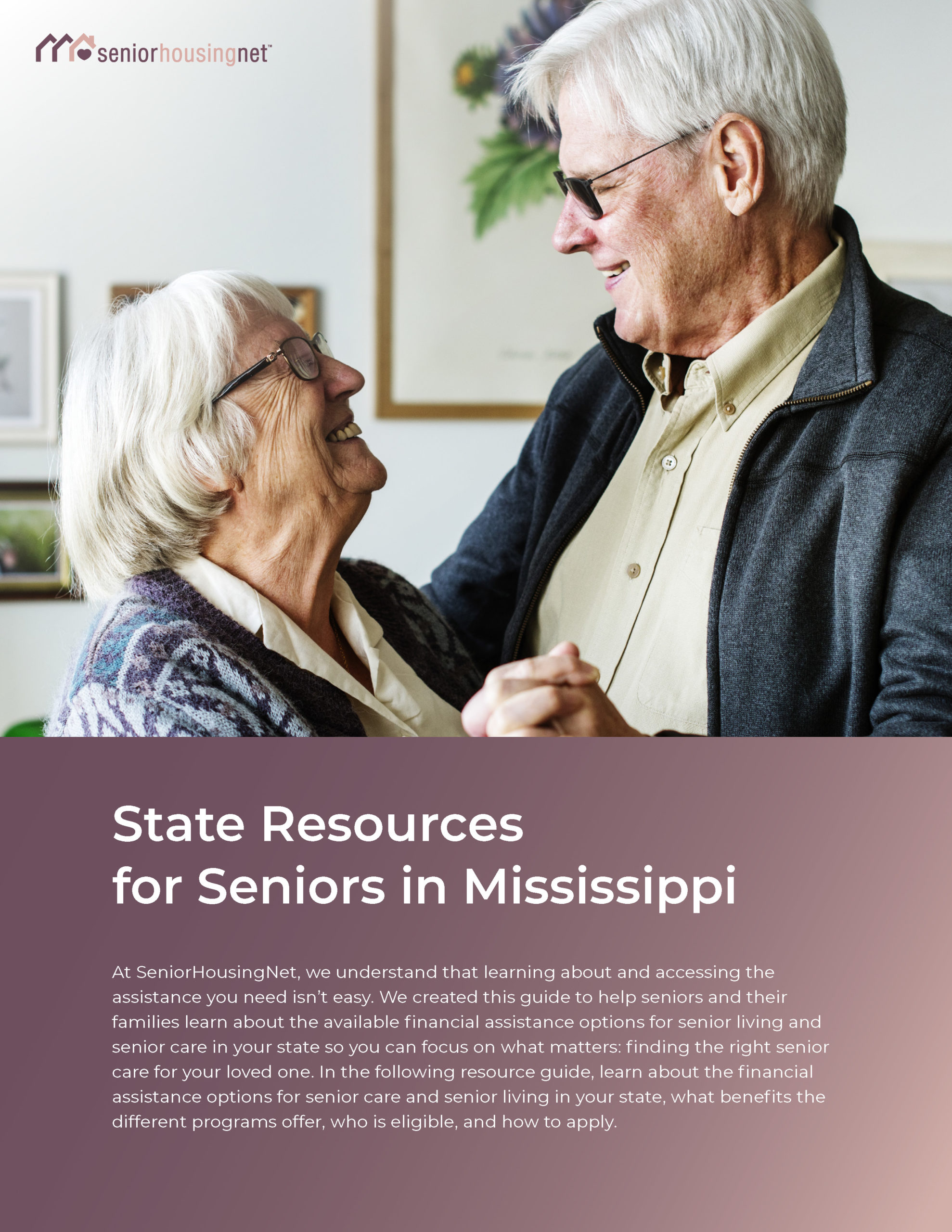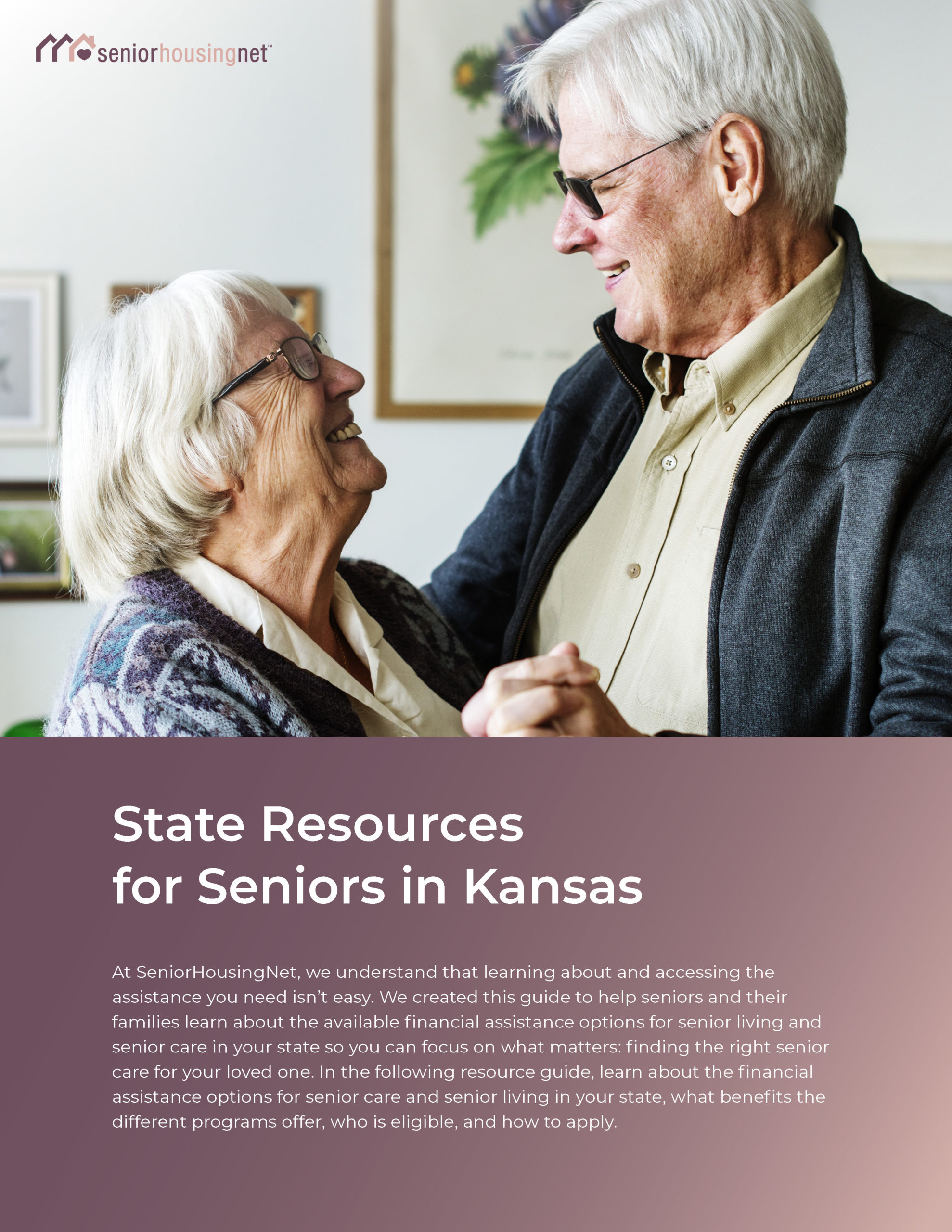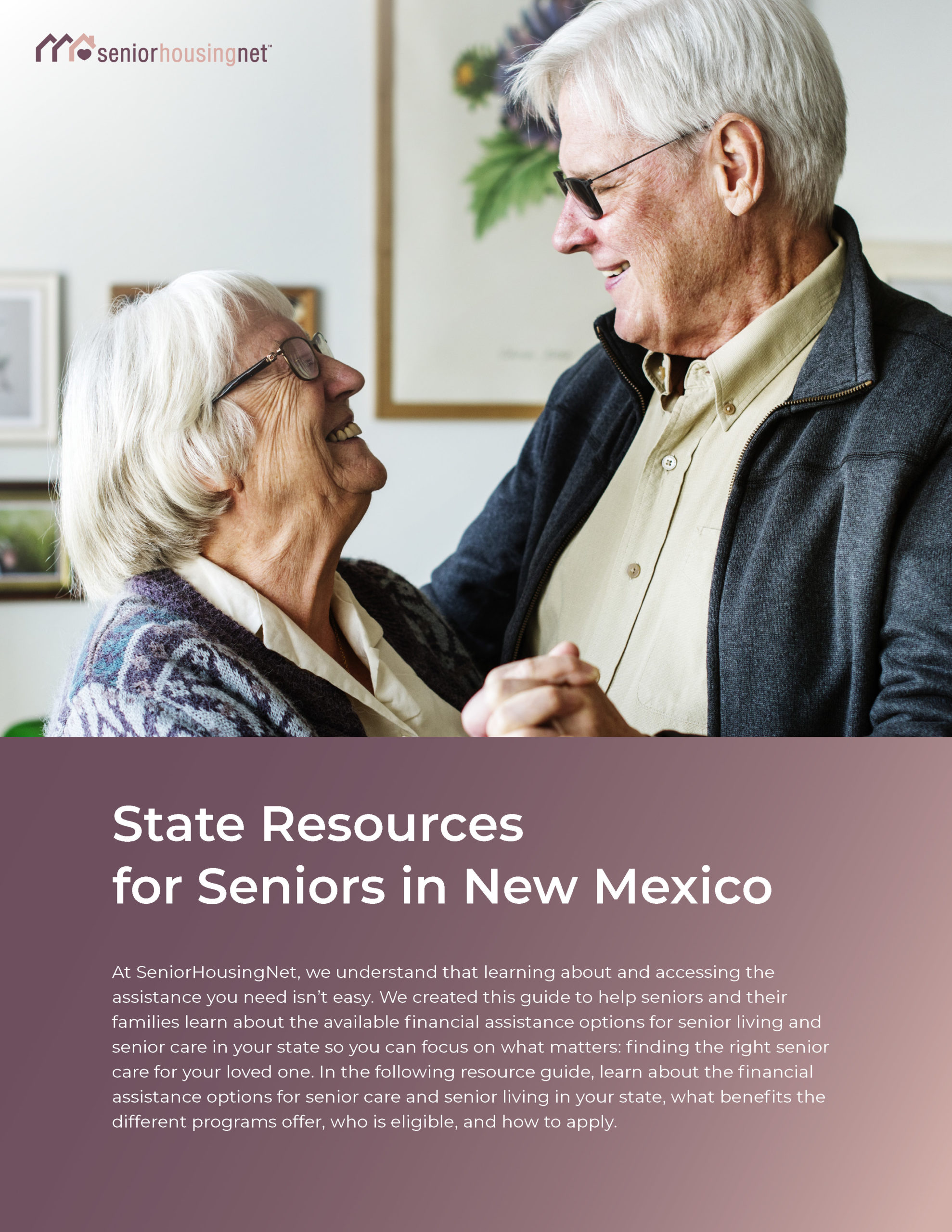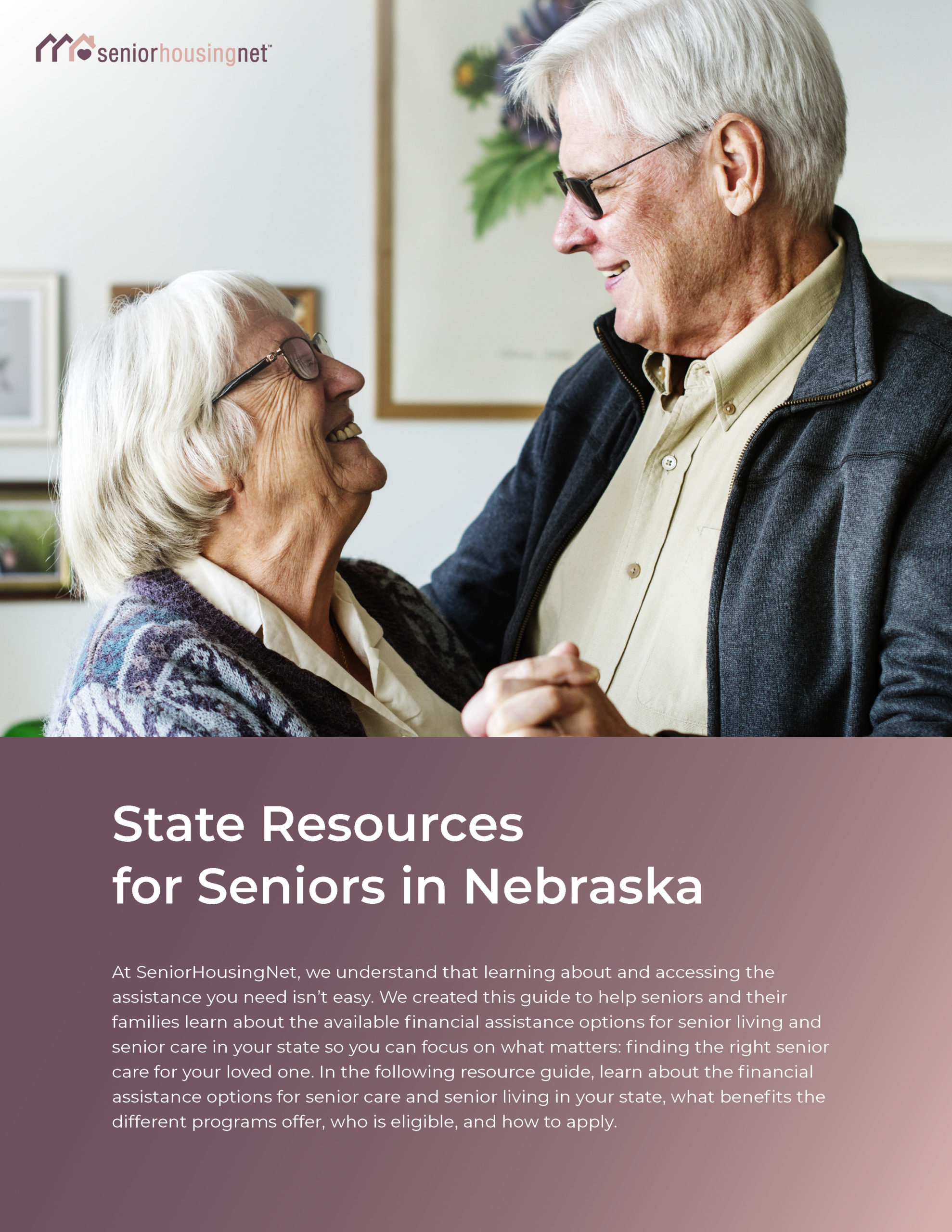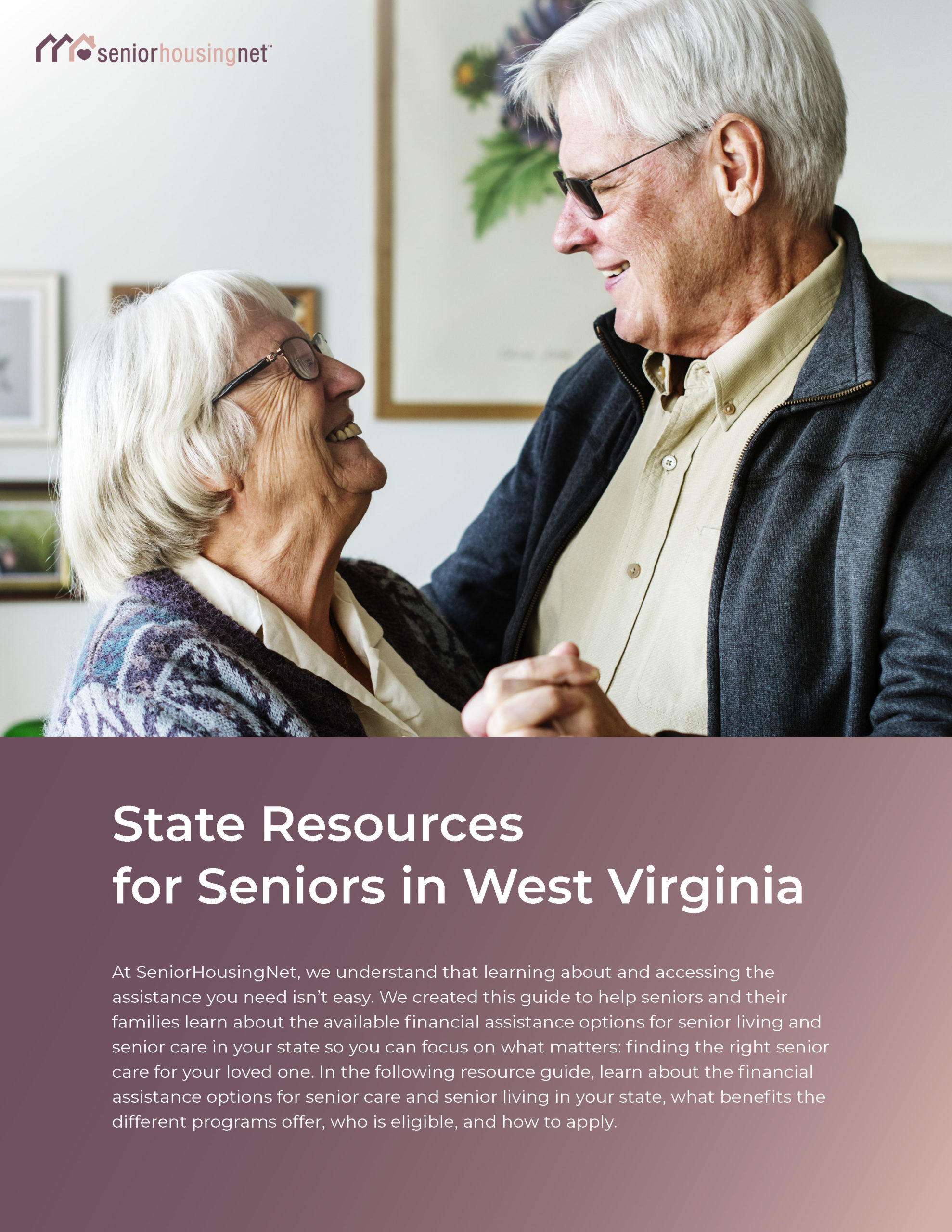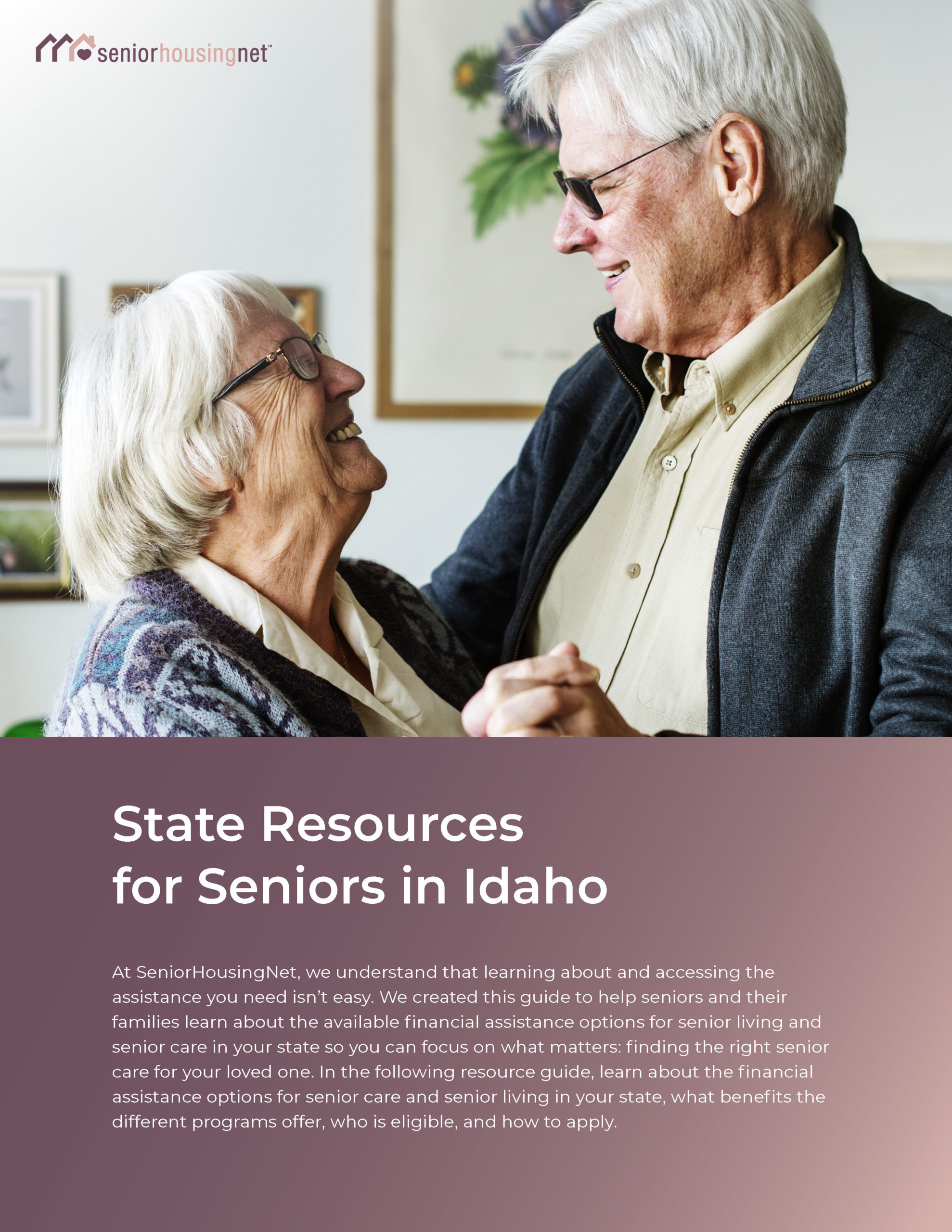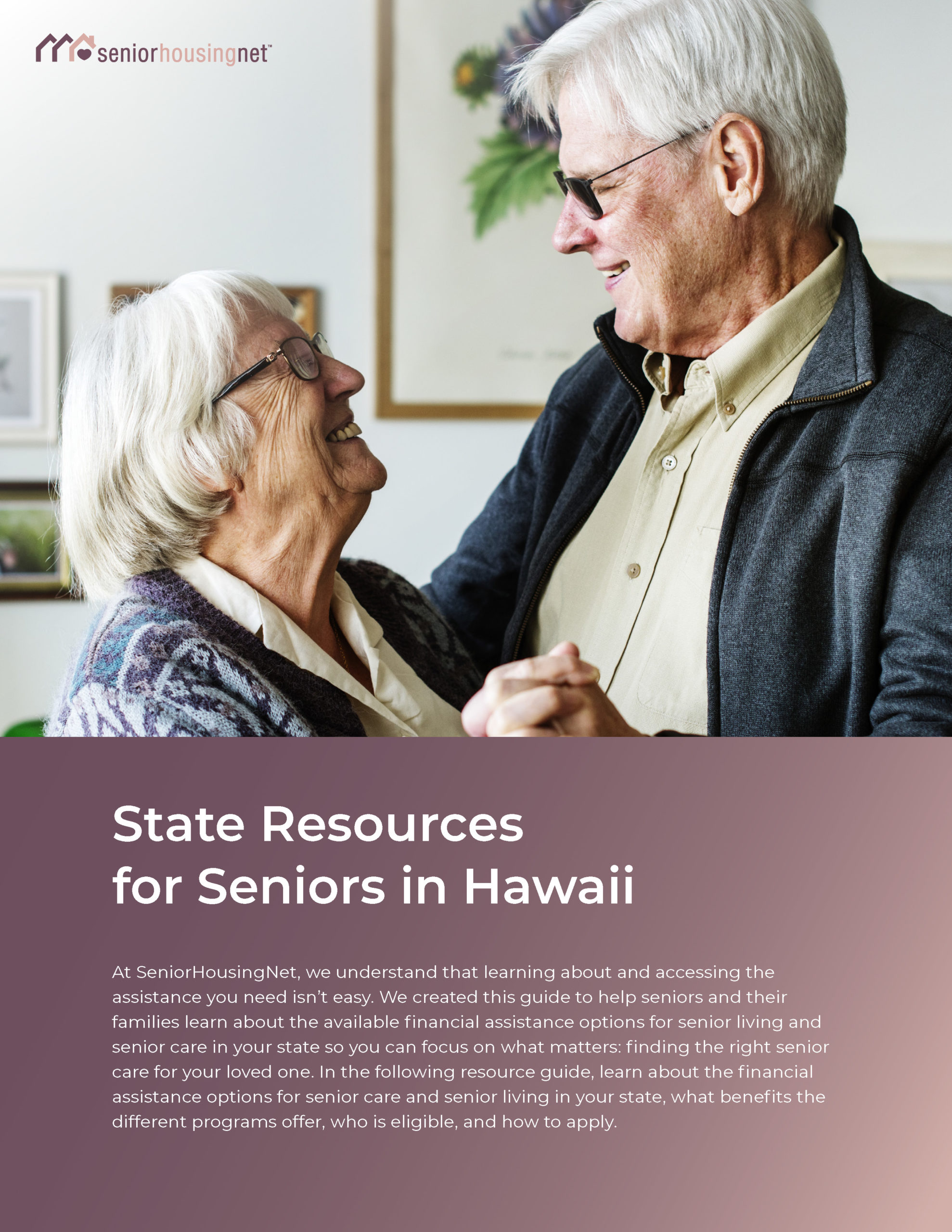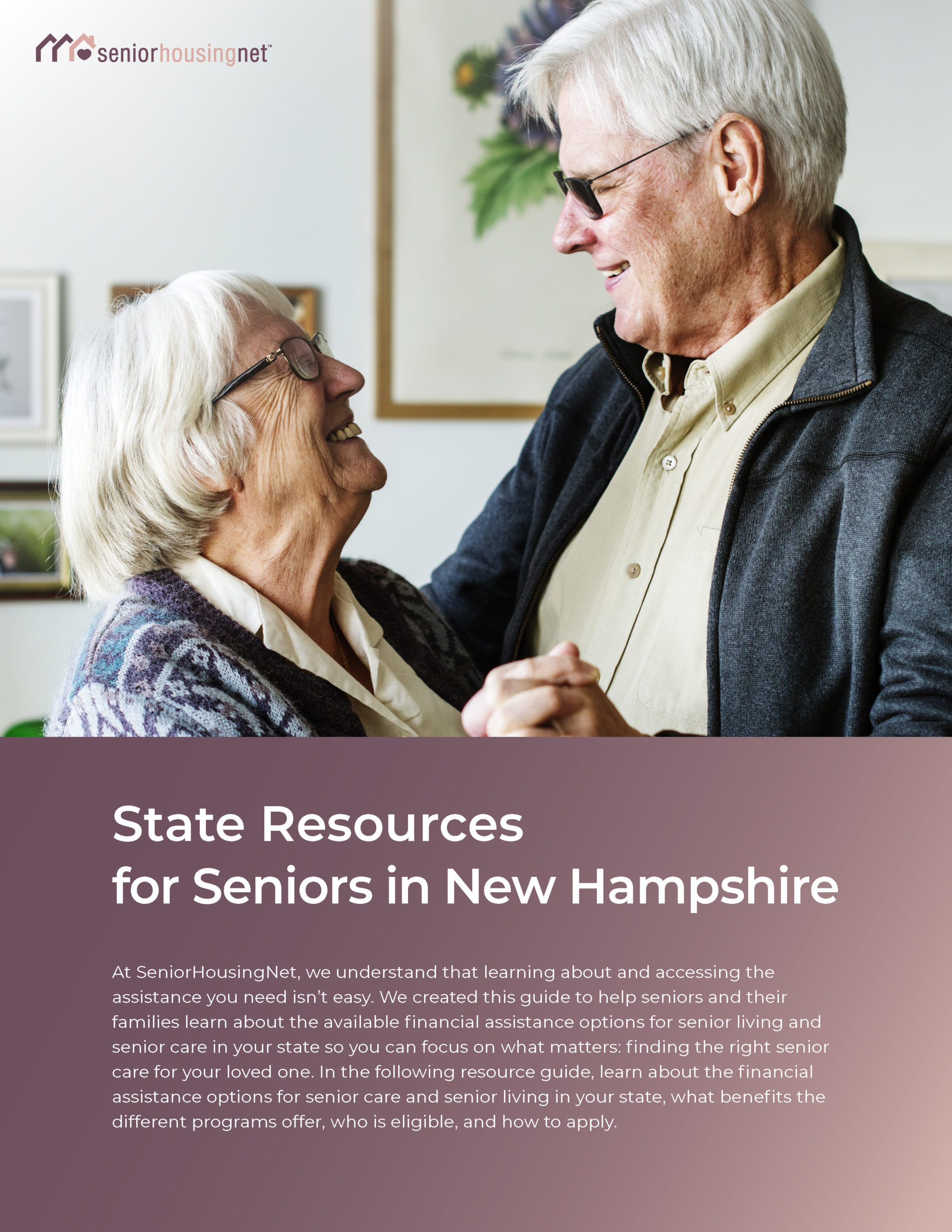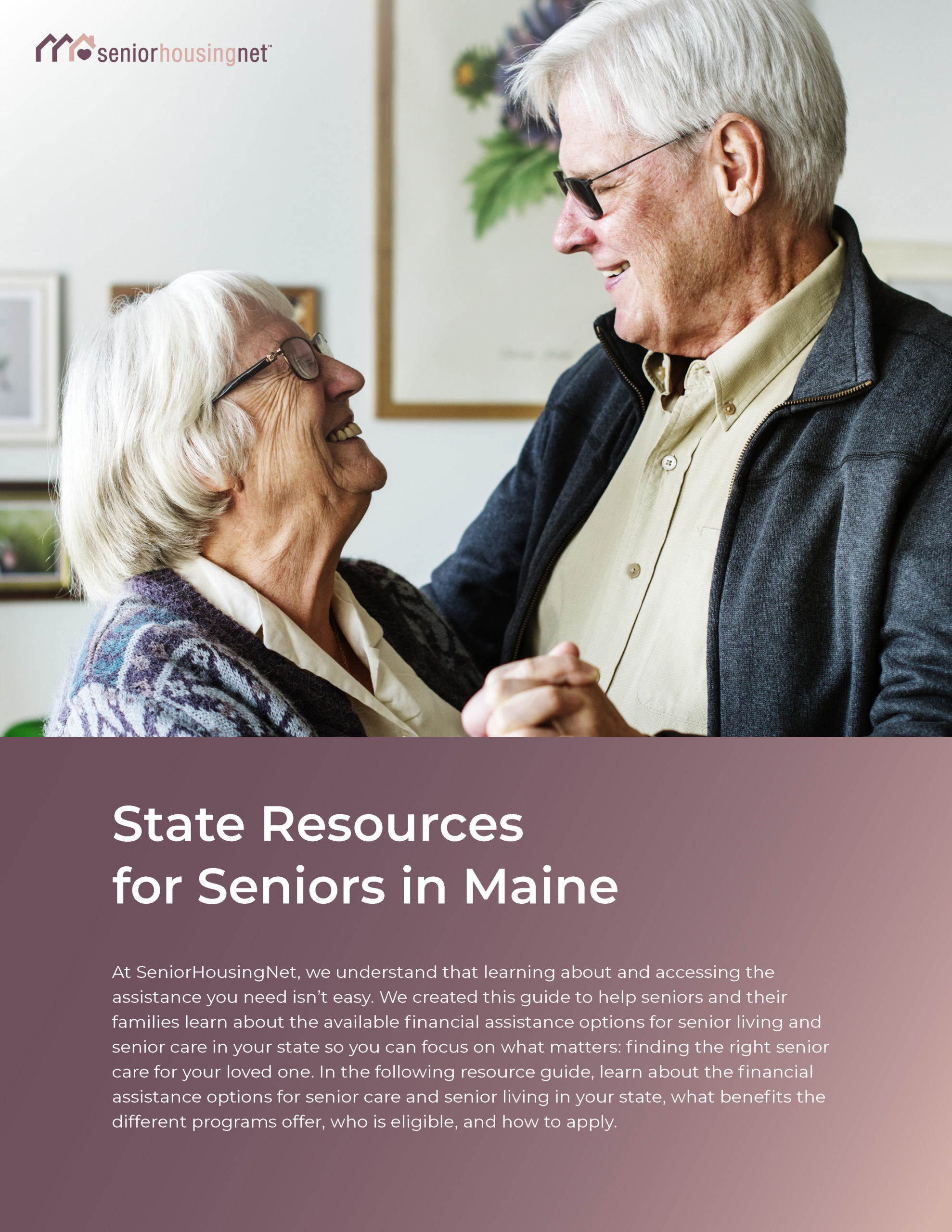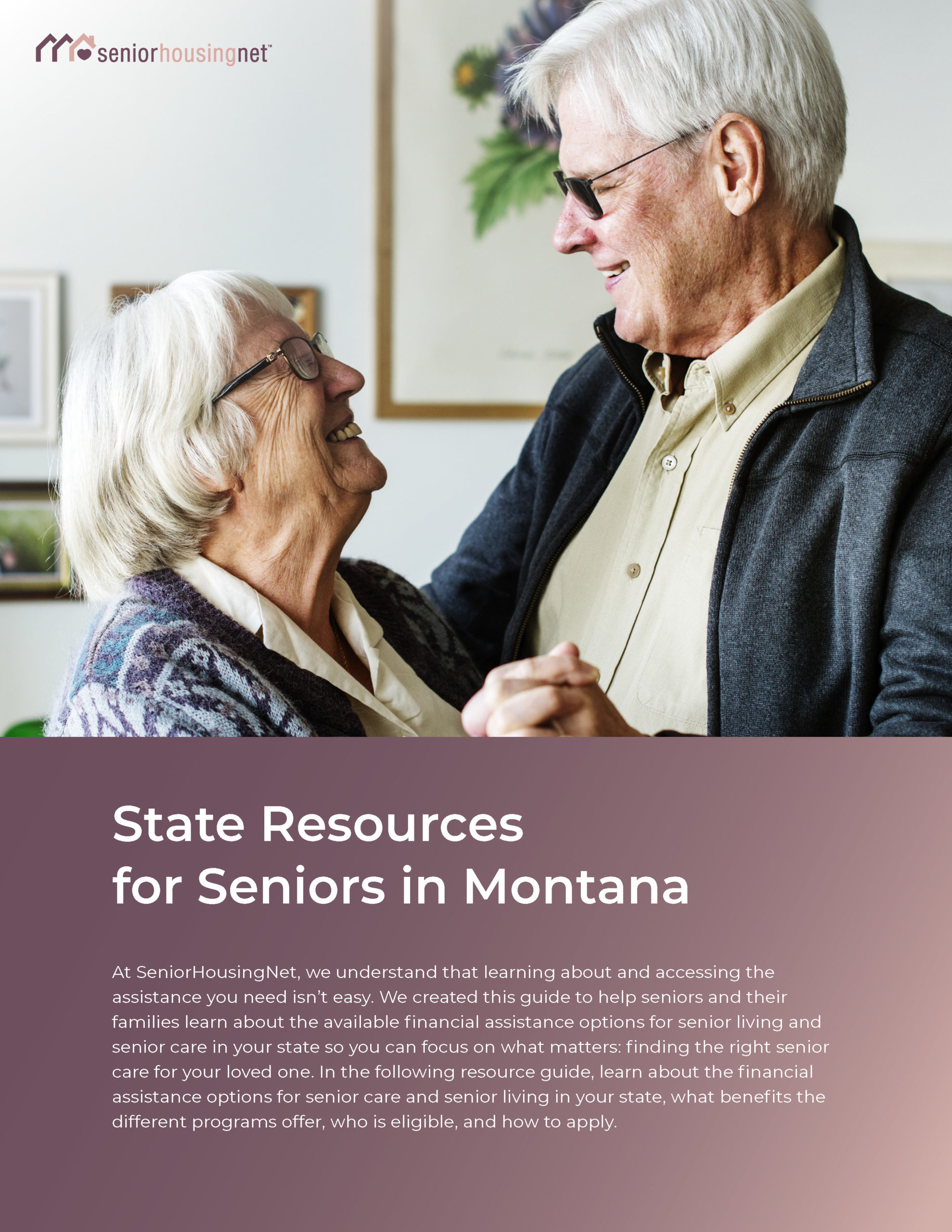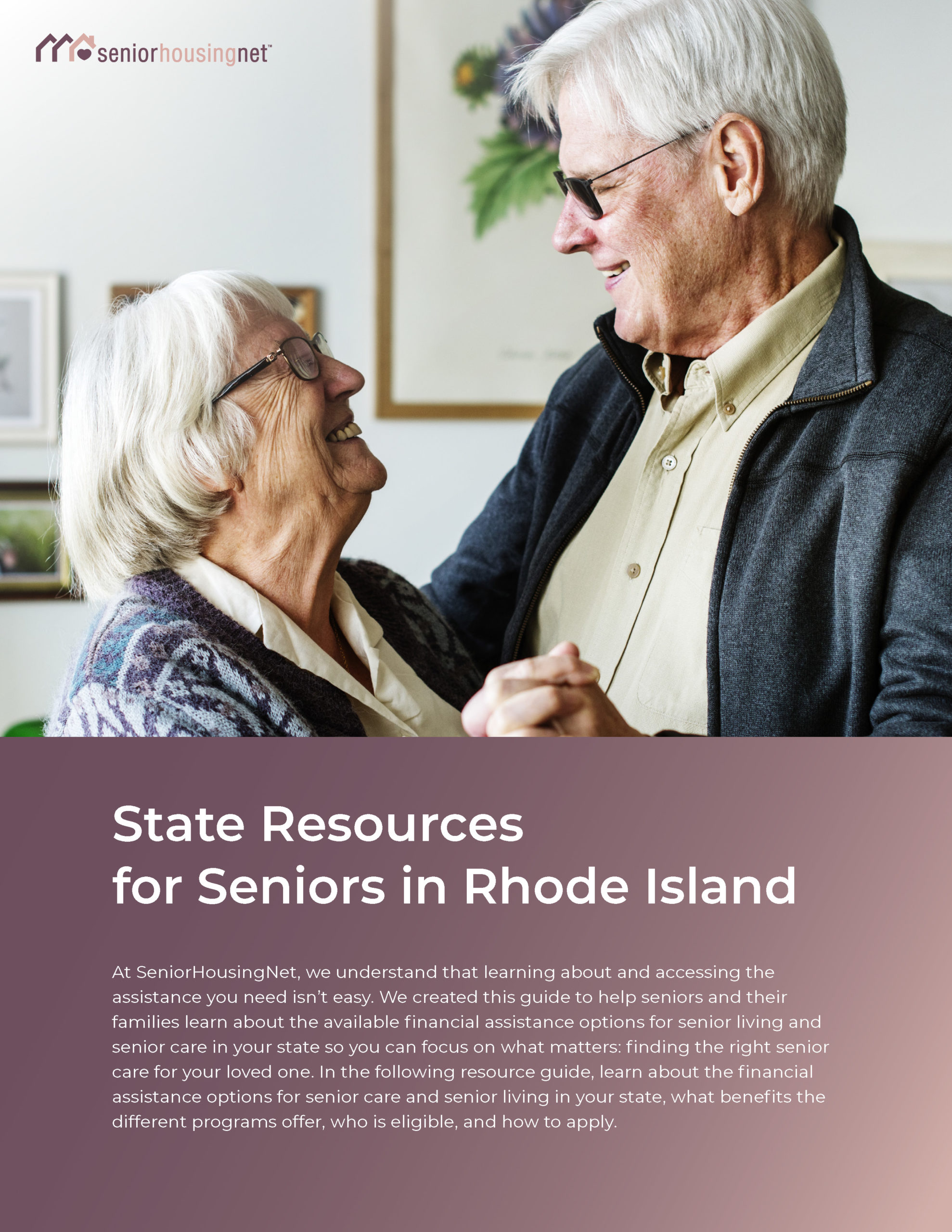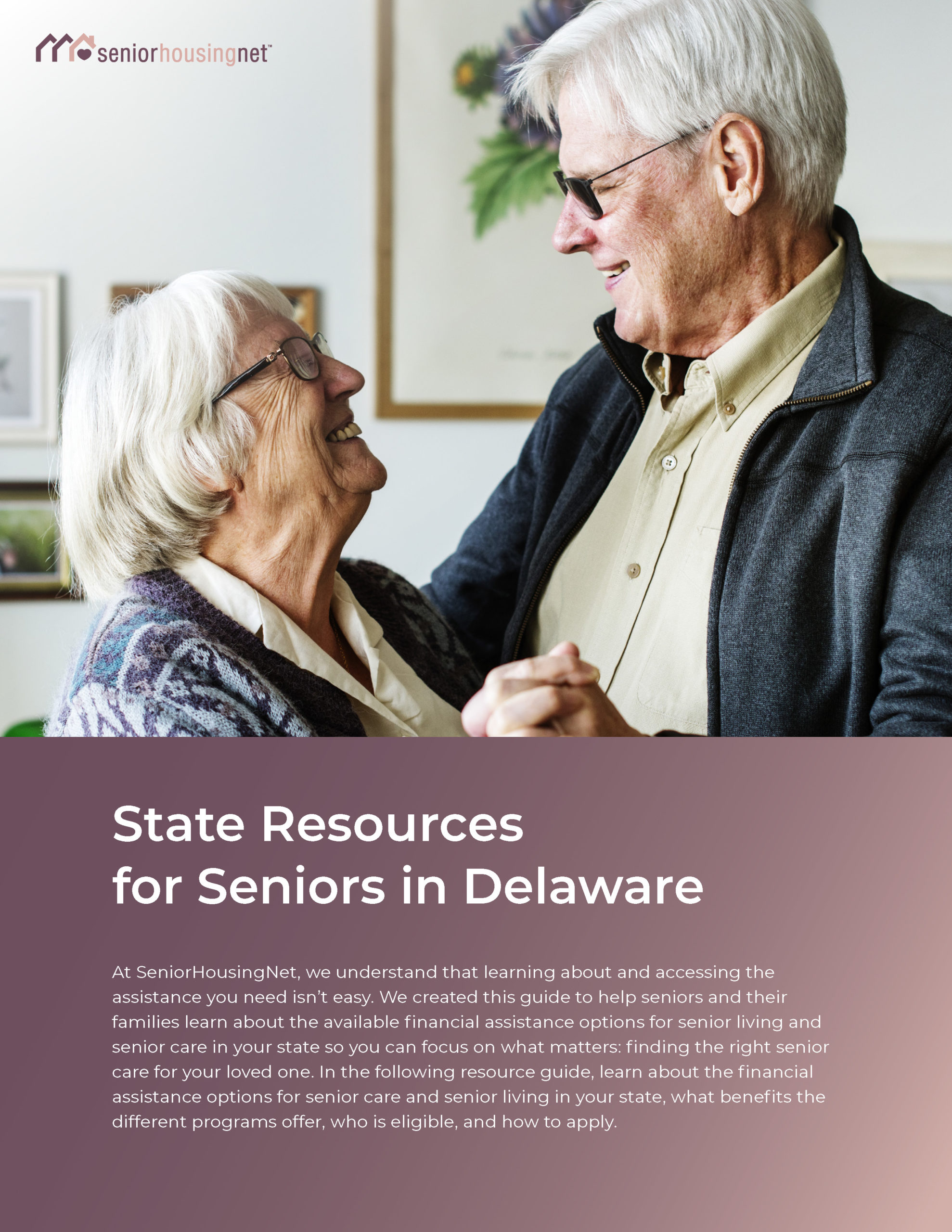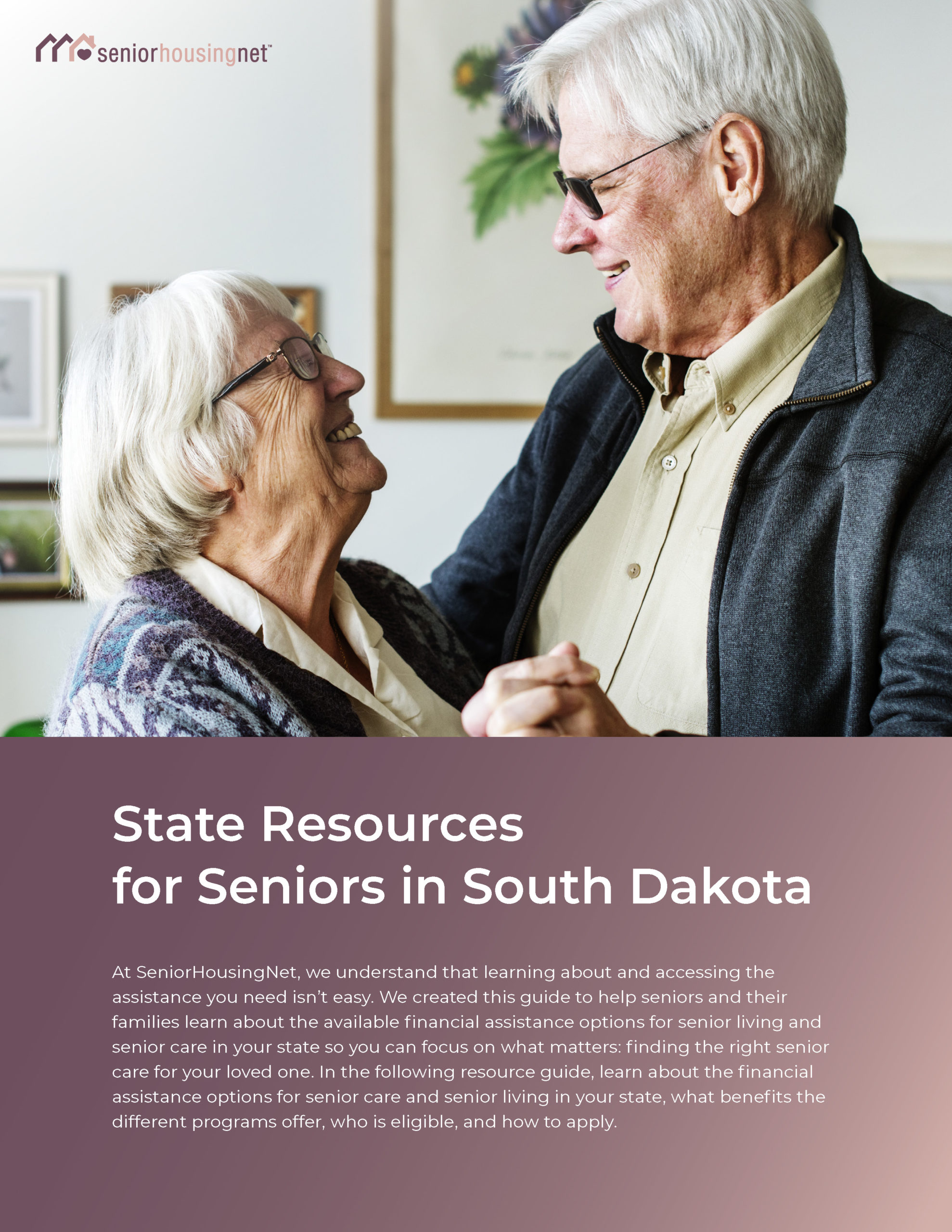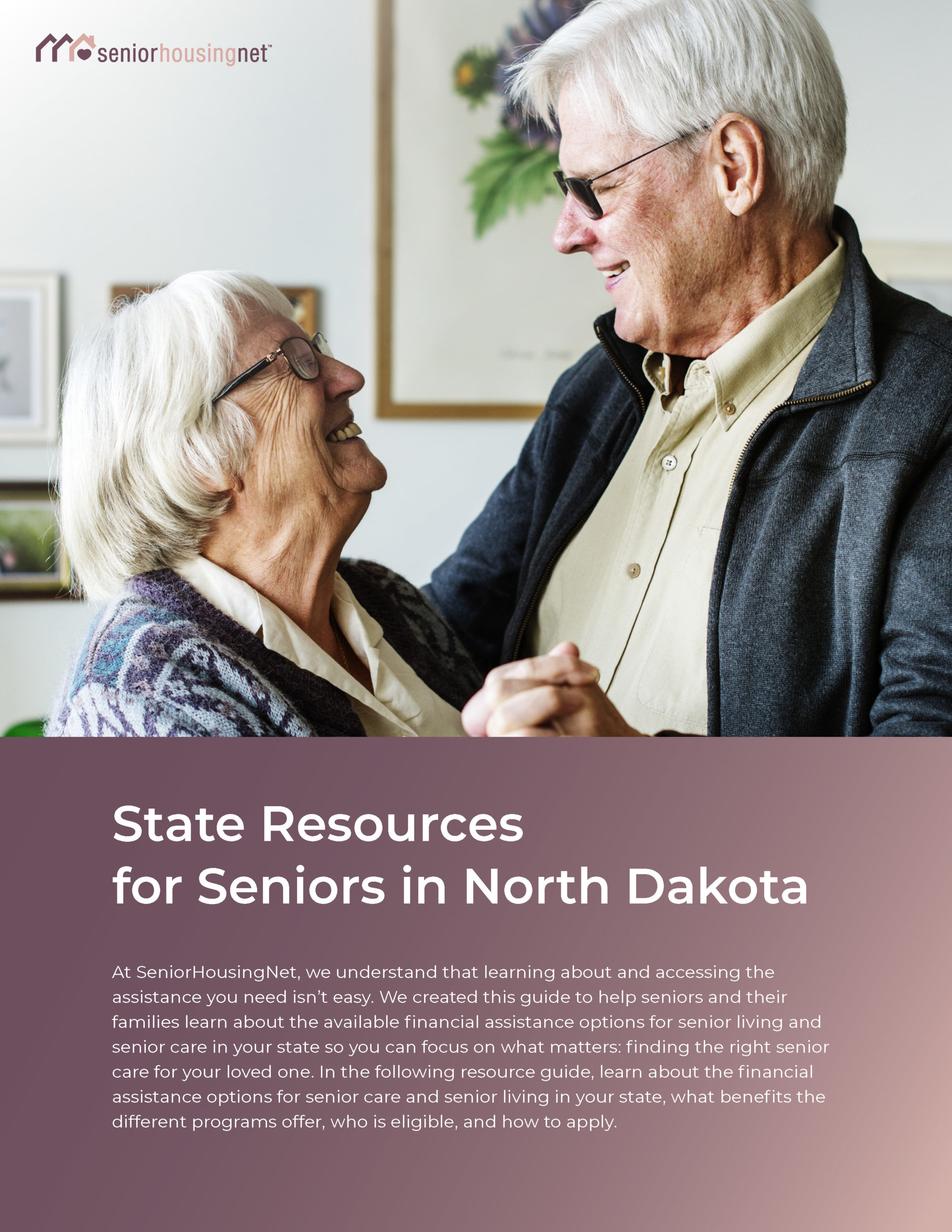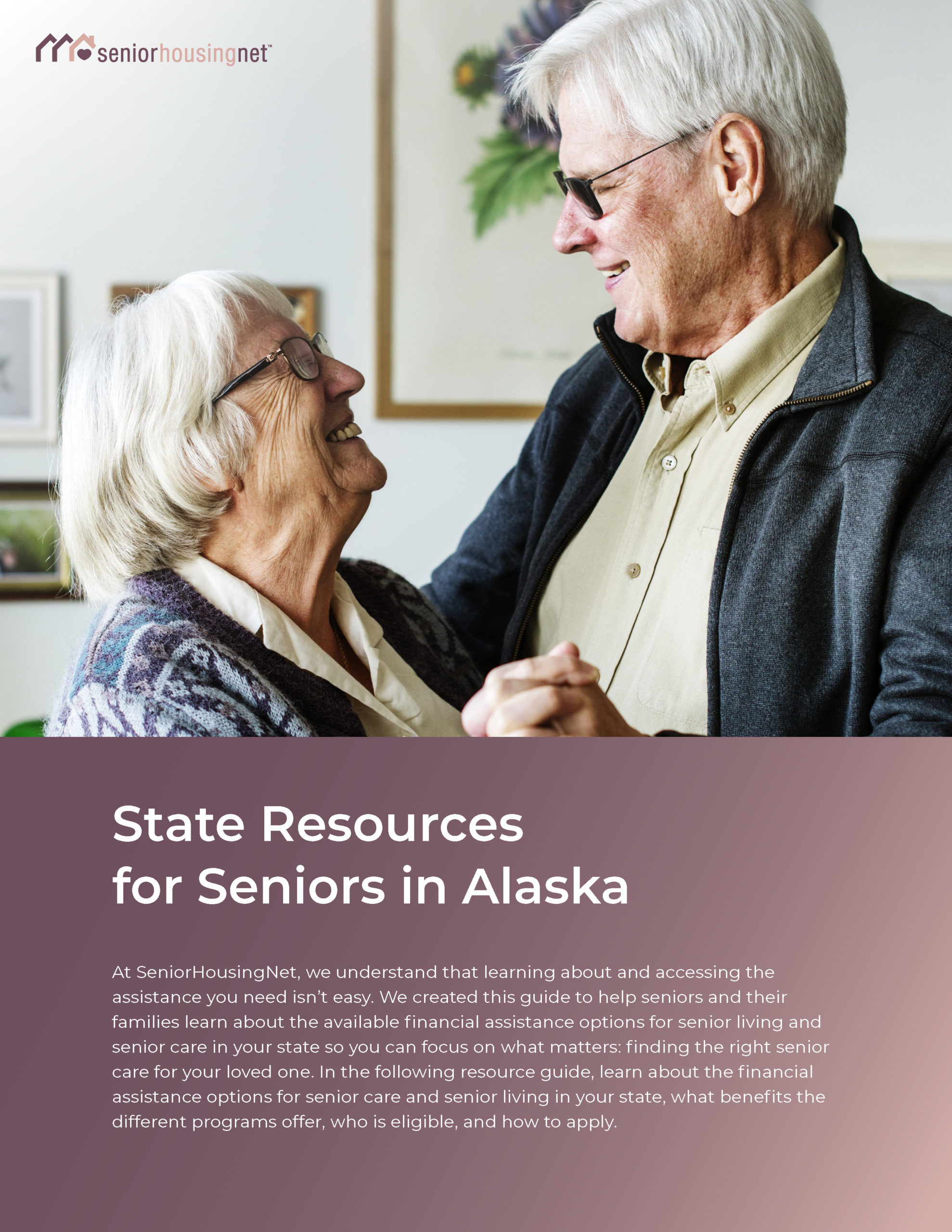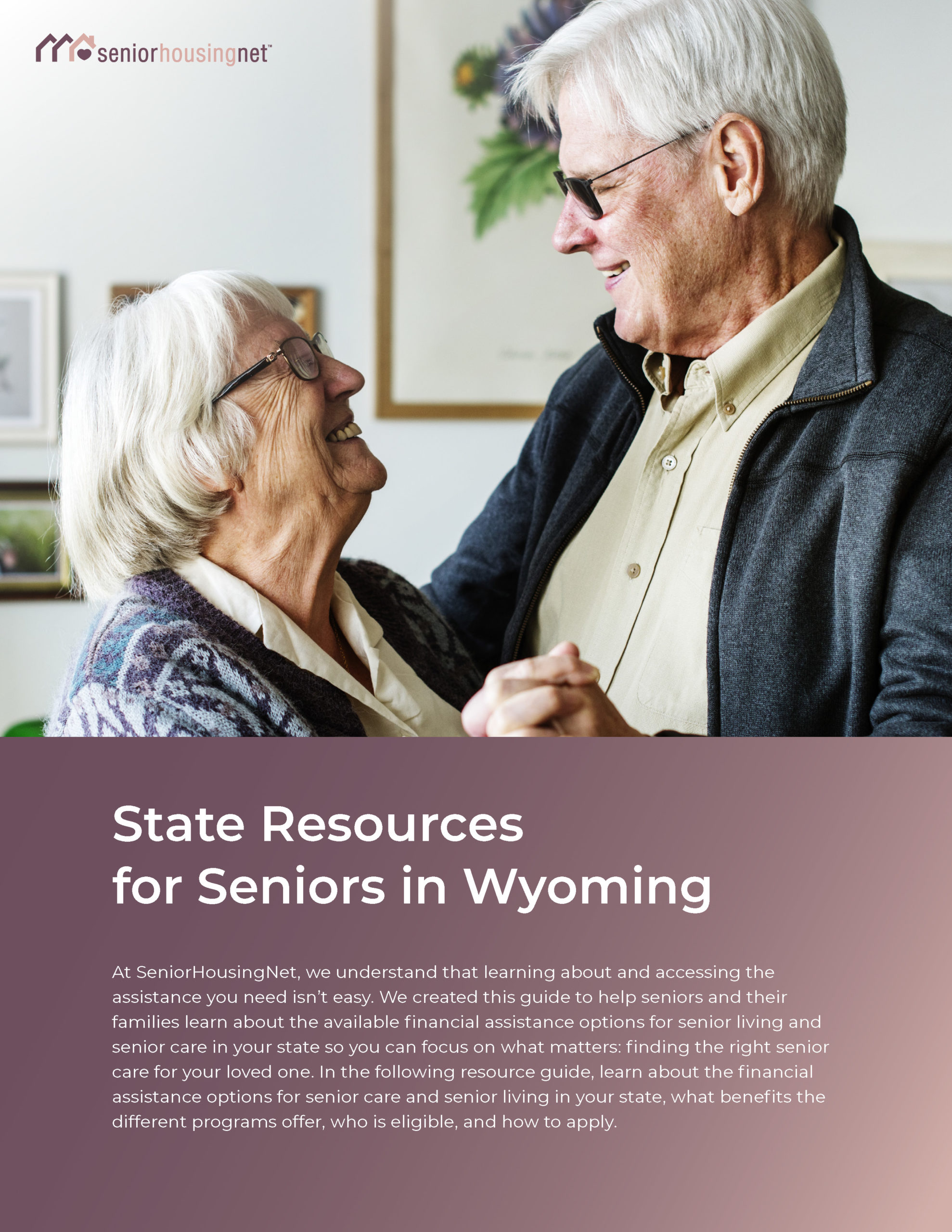Reviewed by: Melissa Garthwait, BSW
Published/updated: October 14, 2023
Many government assistance programs aim to improve the lives of seniors by providing for their basic needs. In the United States, over 4.9 million seniors aged 65 and above lived in poverty in 2019. Additionally, as of June 2021, approximately 46.7 million retirees received around $72.7 billion in Social Security benefits.
However, there are seniors throughout the U.S. who still need additional support to access the housing, food and health care services they require. “Many adults, especially those with high medical expenses due to chronic health conditions, live on fixed incomes or encounter difficulties paying for housing, food, utilities and other basic necessities,” explains Marc Levesque, Resource Coordinator at Hartford HealthCare Center for Healthy Aging.
Due to the high demand for support among the elderly population, various programs have been established by federal and state governments to aid those who require assistance in obtaining necessary funds and services, allowing them to live independently or access long-term care. Additionally, programs have been initiated to help seniors avail essential services, such as healthcare, transportation, and food.
This guide provides a comprehensive list of the various federal and state government aid programs that are available to help seniors access the necessities of life without facing severe financial duress.
Housing Assistance Programs
Senior homelessness is a growing concern throughout the U.S. More than 30% of the nation’s homeless people were aged 50 and older as of 2019, and as the COVID-19 pandemic waged on throughout 2020 and 2021, economic issues, including access to stable housing, worsened for all Americans. Deidre Sommerer, LPN, MS, CMC, CDP, Geriatric Care Manager at Hartford HealthCare Center for Healthy Aging, clarifies, “The shortage of housing in the United States continues to pose challenges for seniors. Many older adults have unique housing needs – most importantly affordable housing for those living on fixed incomes. Federal programs are necessary to ensure older Americans have access to affordable, safe, accessible housing with added social service supports to maintain healthy lifestyles.”
Fortunately, programs provided by Housing and Urban Development (HUD), along with other authorities, can help meet seniors’ housing needs and provide a healthier standard of living.
USDA Housing Repair Program
This program, known as the Section 504 Home Repair program, assists rural homeowners in conducting necessary repairs for safety and well-being.
Some homeowners may qualify for loans through this program, but eligible elderly beneficiaries may receive grants to address their issues. These grants can be up to $10,000, while those who qualify for a loan may receive up to $40,000. In some cases, loans and grants may be combined.
To qualify for the USDA Housing Repair Program, seniors must:
- Be at least 62 years of age and unable to repay a repair loan
- Live in an eligible rural area
- Be the homeowner
- Occupy the house full-time
- Be unable to obtain affordable credit via any other means
- Meet their county’s limitations for very low income
How to Apply
Seniors can submit applications to their local Rural Development office. Any questions about the program or the application process can also be directed to the county office.
Weatherization Assistance Program
Low-income seniors can apply for help with home improvements via the weatherization assistance program. This program exists to help seniors take care of repairs, such as caulking and replacing weather stripping, windows or doors, to preserve energy and help seniors and other beneficiaries save on energy costs.
To qualify for help under this program, seniors must:
- Live in a household that’s at or below 200% of the federal poverty guidelines or be a recipient of Supplemental Security Income (SSI)
- Obtain permission from their landlord if they don’t own their home
- Meet other eligibility guidelines as determined by their specific state
How to Apply
The Weatherization Assistance Program is administered at the state level. To learn more about eligibility or to apply, seniors can contact their state’s weatherization program agency.
HUD Public Housing Program
The Public Housing Program helps seniors and low-income families access safe, affordable housing rentals. This program provides housing options across the country, with options ranging from apartments and townhomes to single-family houses.
Instead of providing funds directly to beneficiaries, HUD offers federal funding for local housing agencies as a subsidy.
To qualify for HUD, seniors must:
- Meet their area’s income limits, which vary between counties and states
- Submit a written application outlining the reason they require housing help, along with detailed information about their household and income
- Be prepared to submit to an in-home interview with their local housing office
Due to the demand for the Public Housing Program, Marc Levesque, a Resource Coordinator at Hartford HealthCare Center for Healthy Aging, recommends, “Get your name on a waiting list as soon as you anticipate applying for this program since it can take a few years until new housing opens up.”
How to Apply
Seniors can apply for this program by contacting their local Housing Authority or their local HUD Field Office. All questions about the program and the application process can also be directed to these organizations.
Low Income Home Energy Assistance Program
The Low Income Home Energy Assistance Program (LIHEAP) works with low-income seniors and families to help them pay energy bills for their homes. The amount of assistance provided varies, depending on need.
To qualify for this program, seniors must have an annual household income below $21,870 if they live alone or below $29,580 if they reside with their spouse. Those who receive SSI may be automatically eligible for LIHEAP assistance.
How to Apply
To apply for LIHEAP, seniors can contact their local office. Questions about this program or the application process can be directed to (866) 674-6327.
Housing Choice Voucher Program
Housing Choice Vouchers, also known as Section 8 Vouchers, are provided by the U.S. Department of Housing and Urban Development. These vouchers are provided to low-income seniors and families to help them access safe, sanitary housing. Vouchers can be used to access any home that meets the program’s requirements, providing its beneficiaries with a broader selection than the Public Housing Program offers.
Under this program, beneficiaries are required to find their own housing, and subsidies are paid directly to the landlord on their behalf.
To qualify for the Housing Choice Voucher Program, seniors must:
- Be a U.S. citizen or permanent resident
- Have a household income that doesn’t exceed 50% of their area’s median income
- Be able to provide verifiable proof of their income and assets
This program does have capacity limitations, and as such, there may be a waiting list in place at any given time.
How to Apply
Seniors can apply for this program by reaching out to their nearest Public Housing Agency. Questions about eligibility or the application process can also be directed to the agency.
Government Medical and Health Programs

As seniors age, they need more reliable and safe healthcare services. Seniors may need to see specialists and primary care doctors, take prescription medications, and sometimes receive long-term care. Luckily, government organizations like the Centers for Medicare and Medicaid Services are expanding their programs to provide better coverage for seniors who need it.
According to CMS Administrator Seema Verma, “CMS remains committed to transforming the health care delivery system through initiatives like MCIT that focus on results, removing government barriers to advancing innovations, fostering competition and ensuring quicker access to the most advanced therapies.” This comes as good news for seniors who require financial help to access medical care, particularly those who take advantage of non-traditional therapies and health care technology.
Seniors across the U.S. can access one or both of the two health benefits packages that are designed to accommodate those with low to moderate incomes: Medicaid and Medicare.
Medicaid
Medicaid is available to seniors, families and individuals who have incomes that are no more than 135% above the federal poverty line plus $20; however, each state may raise the eligibility limit to align with average incomes within the geographic area. Those who receive SSI payments are considered automatically eligible.
Regular Medicaid covers standard medical expenses like primary and ambulatory care, nursing care, physical therapy, and prescription drugs. However, many states have waiver programs that offer additional coverage for low-income seniors who need personal care or medical services while staying in assisted living facilities or receiving in-home care.
To qualify for Medicaid as a senior citizen, applicants must:
- Meet their state’s income and asset requirements
- Be at least 65 years of age or legally blind or disabled
- Be a U.S. citizen or permanent resident
- Reside in the state that issues their Medicaid coverage
Spousal Impoverishment
When a senior moves to a nursing home, their spouse may stay at home or in another community, receiving a lower level of care. Medicaid has provisions to ensure that spouses not receiving nursing care aren’t left without any remaining income or resources. This is known as the spousal impoverishment provision, which safeguards a specific amount of the couple’s combined income and assets and assigns them to the spouse still residing at home. “While this spousal impoverishment provision provides many community-dwelling spouses some level of protection, those with significant assets may consider consulting with a qualified elder law attorney to discuss possible asset preservation strategies,” recommends Mr. Levesque.
How to Apply
Seniors who wish to receive Medicaid coverage can apply online through the Health insurance Marketplace or contact the Medicaid agency for their state. These state agencies can also provide assistance with the application process and answer questions about eligibility.
Medicare
Seniors aged 65 and older can sign up for Medicare, which provides health care coverage in several components:
- Part A: Covers inpatient hospital care
- Part B: Covers outpatient care and primary medical services
- Part C: Also known as Medicare Advantage, this offers seniors a different way to receive their benefits while accessing additional coverage for services, such as dental and eye care
- Part D: Covers prescription drugs
Seniors who enroll in Medicare initially purchase Part A and Part B coverage, but they may choose to switch to Part C or add Part D coverage later on. However, it’s important to note that Medicare coverage is not free and is administered by private health insurance companies. The cost of Medicare depends on various factors like coinsurance, deductibles, and the level of coverage selected.
To be eligible for Medicare, seniors must be aged 65 and older, and they must be U.S. citizens or permanent residents.
Medicare Savings Program
Seniors who are considered low income may qualify for a Medicare Savings Program. These programs can help seniors pay for their premiums, as well as deductibles, coinsurance and copayments. There are four types of savings programs:
- Qualified Medicare Beneficiary (QMB)
- Specified Low-Income Medicare Beneficiary (SLMB)
- Qualifying Individual (QI)
- Qualifying and Working Individuals (QDWI)
Each of these programs has different asset and income requirements, which are generally updated on an annual basis.
How to Apply
Seniors must apply for Medicare coverage during their Initial Enrollment Period to avoid paying a late enrollment penalty. The enrollment period runs for a 7-month period, which starts 3 months before the senior’s 65th birthday, includes their birth month, and continues for 3 months following their birthday. Coverage for early enrollees begins on the day they turn 65.
To apply, seniors can contact their local Social Security office or complete the online application. Questions can be directed to Social Security at (800) 772-1213.
Government Food and Nutrition Programs for Seniors
Many low-income seniors struggle to access healthy food. According to Feeding America, 5.2 million seniors aged 60 and older faced hunger as of 2019. Fortunately, there are government assistance programs in place to help seniors access safe, nutritious food. According to Ms. Sommerer, “In order to maintain good health and prevent disease – nutrition is key for all of us. A well balanced diet is so important, especially for older adults who often have medical conditions which require specialized diets with restrictions. Federal nutrition programs that provide assistance to seniors helps to ensure older adults have access to healthy and nutritious foods to maintain optimal health.”
Supplemental Nutrition Assistance Program (SNAP)
SNAP is available to low-income households throughout the U.S. It provides eligible beneficiaries with an Electronic Benefits Transfer card, which works in the same way a debit or credit card does. This card can be used at eligible grocery stores and retailers to make necessary food purchases, such as:
- Fruits and vegetables
- Meat, poultry and fish
- Milk, cheese and yogurt
- Breads, cereals and other grains
- Snack foods
- Nonalcoholic beverages
- Seeds and plants to produce food at home
Households with older adults are subject to a different set of requirements when it comes to SNAP eligibility. Seniors who wish to apply for SNAP must:
- Be at least 60 years of age
- Have a net income of less than $1,133 if living alone or $1,526 if living in a two-person household
- Have no more than $4,250 in countable resources or be a recipient of SSI or Temporary Assistance for Needy Families (TANF)
How to Apply
Seniors can apply for SNAP by contacting their local state agency, which can also answer questions about the program and its eligibility requirements.
Senior Farmers’ Market Nutrition Program
The Senior Farmers’ Market Nutrition Program is provided by the U.S. Department of Agriculture’s Food and Nutrition Service. It helps low-income seniors access locally grown fruits and vegetables, as well as honey and herbs.
To qualify for this benefit, seniors must be at least 60 years of age and may not earn more than 185% of the U.S. poverty guidelines. In some cases, states provide automatic acceptance to those who are enrolled in SNAP.
How to Apply
Seniors can apply for this program and have their questions answered by contacting their local state agency.
The Emergency Food Assistance Program
The Emergency Food Assistance Program helps those in need access food on an urgent basis at zero cost. The food provided by this program is purchased by the USDA and passed to state and local agencies to distribute to food pantries and other organizations that can directly provide the food to those in need.
Eligibility is determined by each organization involved in distributing emergency food and varies from location to location.
How to Apply
Seniors can learn more about qualifications and the application processes in their area by contacting their state’s distributing agency.
Government Employment Programs and Income Aid for Seniors

Many seniors are able to continue working or volunteering within their communities, but unfortunately, many employers opt to hire younger workers to fill job openings. A lack of fair opportunities can make it difficult for seniors to earn a living wage. Further, Ms. Sommerer points out, “With rising inflation, many retired seniors have found it necessary to return back to work to make ends meet as their retirement income does not cover their monthly expenses. Federal programs to assist job seekers and protect older workers provide much needed advocacy and support for this protected group. Additionally, supplemental income programs provide money to older and disabled adults to meet basic needs.”
Below are government programs that provide services, such as job placement, career counseling and income support, for seniors who need it.
American Job Centers/CareerOneStop
American Job Centers provide seniors and other individuals with access to job search assistance and a variety of other career services, including help with resume writing, employment plan development, skill testing, interview practice and career counseling. Seniors can visit their nearest American Job Centers location to access help with applying for supportive services, such as unemployment insurance, SNAP, Medicaid and local emergency assistance programs.
For career services, seniors can locate their nearest American Job Centers office. Questions about employment and employment training can also be directed to the helpline at (877) 872-5627.
Senior Community Service Employment Program
Administered by the Department of Labor, the Senior Community Service Employment Program connects older adults with training opportunities and employment assistance through American Job Centers. This program is open to low-income seniors who are unemployed and capable of working.
To participate, seniors must be at least 55 years of age and have a household income at or below 125% of the federal poverty level. This program gives priority to veterans and their spouses, seniors over 65 years of age and those who are disabled. Further priority is given to those facing an immediate risk of homelessness and those living in rural areas.
To participate in this program or learn more about it, seniors can locate their nearest American Job Centers office or call the CareerOneStop helpline at (877) 872-5627.
Supplemental Security Income (SSI)
SSI is a monthly payment that’s issued to seniors aged 65 and older who live below the federal poverty line. This payment is also available to individuals within other age groups. The amount of each payment varies, depending on state top-up amounts, which are only offered in some states, and on the seniors’ countable income and living arrangements.
To qualify for SSI payments, seniors must be at least 65 or considered legally blind/disabled with limited income and resources. They also must be a legal U.S. citizen or permanent resident and reside in one of the 50 states, D.C. or in the Northern Mariana Islands.
To apply, seniors can call (800) 772-1213.
Volunteer Americorps
Volunteer Americorps gives seniors aged 55 and older the opportunity to serve their communities through volunteer positions. Opportunities vary from location to location but may include grocery delivery, working with children or providing companionship to other seniors. Participants can choose the opportunities they want to engage in.
This program benefits its senior members in a variety of ways. In some cases, those with low incomes may qualify for a stipend in exchange for their service, and often, members receive supplemental health insurance. Seniors who participate in the program are also provided with learning opportunities and the chance to remain social and engaged within their communities.
Seniors can search for active opportunities using the AmeriCorps Seniors Pathfinder. Questions about the program can be directed to the AmeriCorps Hotline at (800) 942-2677.
Social Security Retirement Benefits
The Social Security Retirement Benefits program is a federally funded program administered by the Social Security Administration. The program helps retired seniors continue earning an income by providing a portion of their pre-retirement wage in monthly payments. The amount of the benefit is calculated based on the senior’s highest 35 years of earning and when they choose to start receiving benefits.
Seniors can choose to start receiving benefits at their full retirement age, which is 66 for those born between 1943 and 1954 and gradually increases depending on birth year. Those who wish to do so can also choose to start receiving their benefits at age 62; however, those who choose to take advantage of an earlier retirement age will have the total amount of their benefit reduced. Seniors can also choose to delay their benefits up to age 70 and receive an increased benefit amount.
To earn Social Security Retirement Benefits, seniors must meet the age guidelines mentioned above. They also must have earned a minimum of 40 Social Security Credits, which are calculated based on the duration of their career and the amount of income tax paid to the federal government.
Seniors can apply for Social Security Retirement Benefits online or call (800) 772-1213 to start the application process.
Other Government Aid Programs for Seniors
In addition to the programs listed above, the U.S. government provides a variety of other assistance programs to help seniors access services they might otherwise be unable to afford.
iCanConnect
iCanConnect helps seniors save on communications costs they may otherwise be unable to afford. This program is specifically for seniors and other individuals with significant hearing and vision loss, and it provides equipment and technology that helps them to connect effectively with friends and family members. Devices provided by this program include mobile phones, computers, braille devices and signalers.
The iCanConnect program is administered at the state level. Seniors can apply by contacting their local program office. Questions about the program can be directed to iCanConnect by calling (800) 825-4595.
America the Beautiful Senior Pass
The America the Beautiful Senior Pass is a free, lifetime access pass for U.S. citizens and permanent residents who are aged, blind or disabled. This pass allows holders, and any accompanying passengers riding with them, to access all national parks free of charge.
Seniors can request an America the Beautiful Senior Pass by visiting the entrance station at any federal recreation site.
Tax Credit for the Elderly and Disabled
Seniors aged 65 and older and those who are blind or disabled may be eligible to receive a taxpayer credit, provided they have an adjusted gross income or nontaxable Social Security/disability income that falls under specified income limits.
The amount of this tax credit ranges from $3,750 to $7,500.
Seniors can direct questions about this credit or other tax credit options to their nearest IRS office.
Elder Justice Initiative
The Elder Justice Initiative provides legal help to seniors who are facing abuse, neglect or problems with financial fraud. This program, which is operated by the U.S. Department of Justice, works with states to provide free or low-cost legal help to older victims and their families.
To learn more about the Elder Justice Initiative or find legal help, seniors can contact elder abuse resources in their state or call the National Elder Fraud Hotline at (833) 372-8311.
Veteran-Specific Aid Programs
The U.S. Department of Veterans Affairs provides a variety of supports and services for those who have served in branches of the U.S. military and their immediate dependents and family members. These services are designed to promote the health and well-being of those who have served the country.
VA Health Care System
If you’re a U.S. veteran, VA Health Care offers a wide range of medical and health services. This includes primary care, specialist appointments, home health services for seniors, medical equipment, and prescription drug coverage. The VA Health Care System has even been shown to outperform community hospitals across the country, making it a great option for eligible veterans. According to Steven L. Lieberman, Deputy Under Secretary for Health, “VA has seen significant improvement in our patient experience scores since first being included in Care Compare in 2018.”
To qualify for coverage, you must have served in the active military, naval, or air service and not received a dishonorable discharge. Some cases may require minimum service requirements, but if you’re a senior who served before September 7, 1980, you’re exempt from meeting this requirement. Veterans who were discharged due to a disability that resulted from active duty or worsened while serving, as well as former prisoners of war or those who received a Medal of Honor or Purple Heart, receive priority coverage from VA Health Care.
Senior veterans can apply for VA Health Care benefits online. Questions about eligibility or coverage can be directed to the MyVA411 information line at (800) 698-2411.
Veterans Aid and Attendance Benefit
The Aid and Attendance benefit helps housebound seniors and those who require help with daily tasks access financial assistance with paying for home care or assisted living services.
To qualify for this benefit, seniors must require another person to help them perform activities of daily living, be bedridden, reside within a nursing home or have limited vision.
Seniors can apply for this benefit at their nearest VA regional office and direct any questions about this program to an office representative.
Guides to Government Aid in Every State
Find your state below to read a comprehensive guide on the government assistance programs available to seniors.
SENIOR CARE RESOURCES
-
1
A Caregiver’s Guide to Obesity and Senior Living
Dec 8, 2022.10 min read
-
2
What You Need To Know About The Benefits of Reading and Libraries for Seniors
Dec 5, 2022.7 min read
-
3
Emergency Housing Guide
Nov 18, 2022.46 min read




